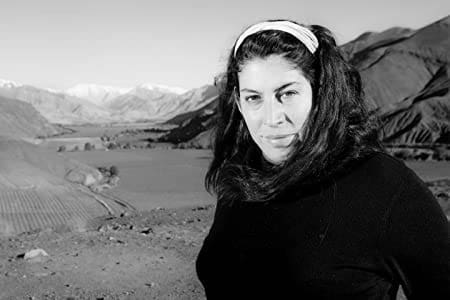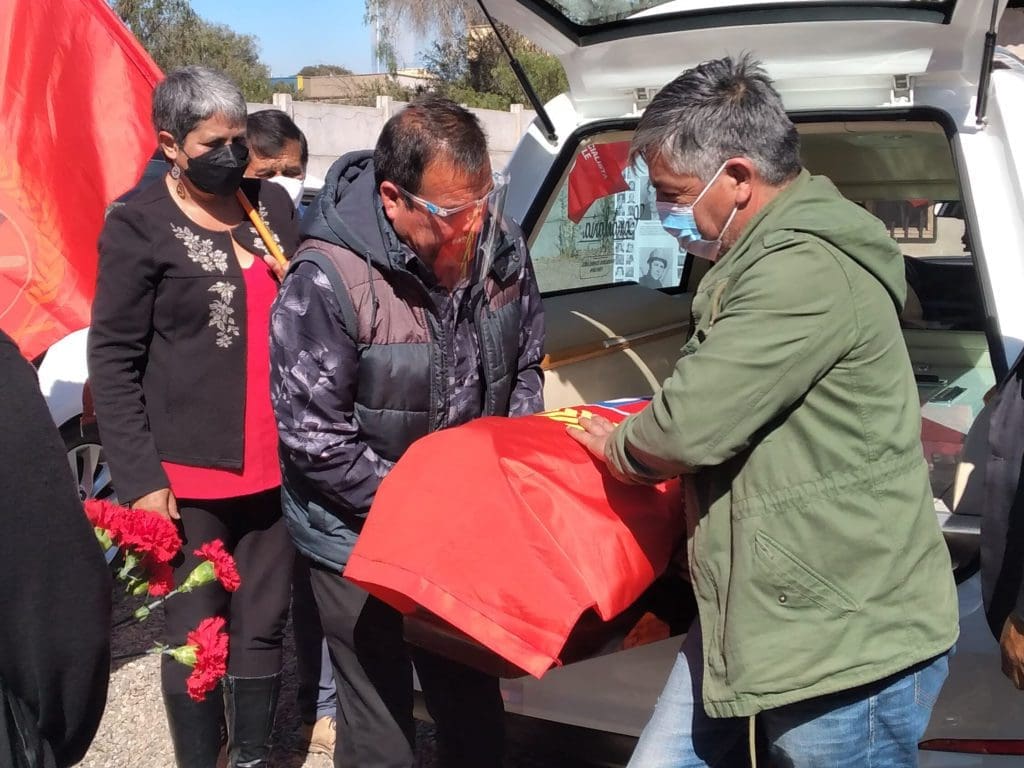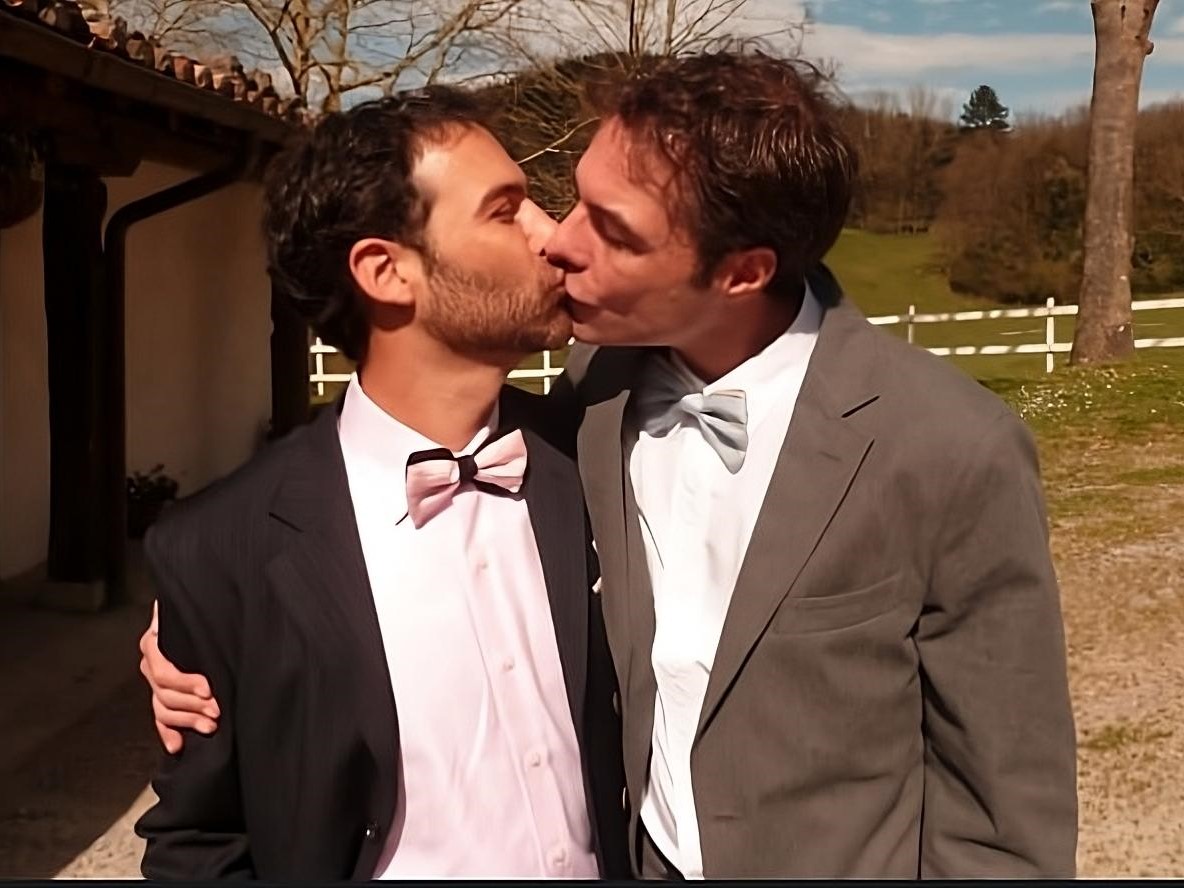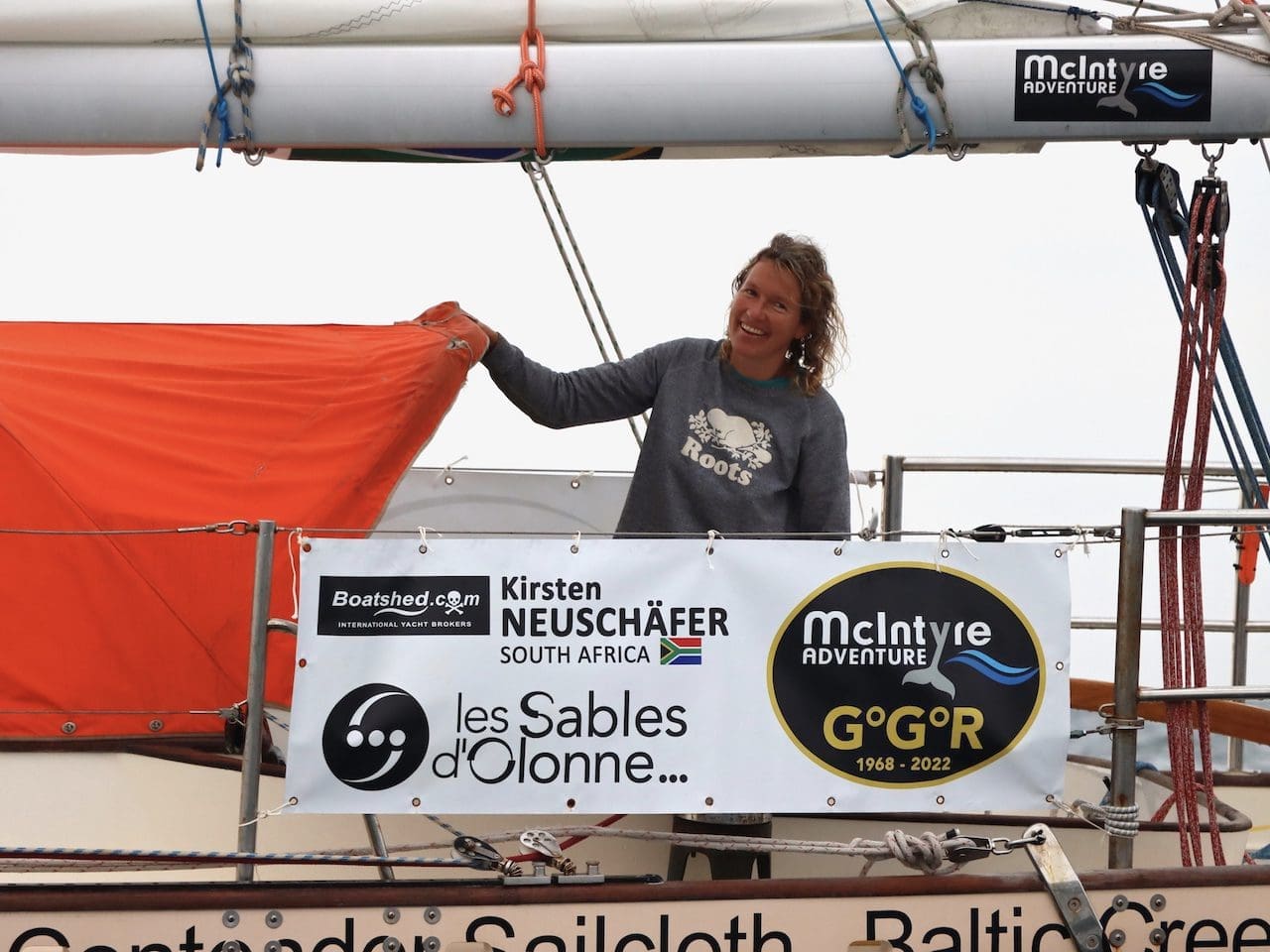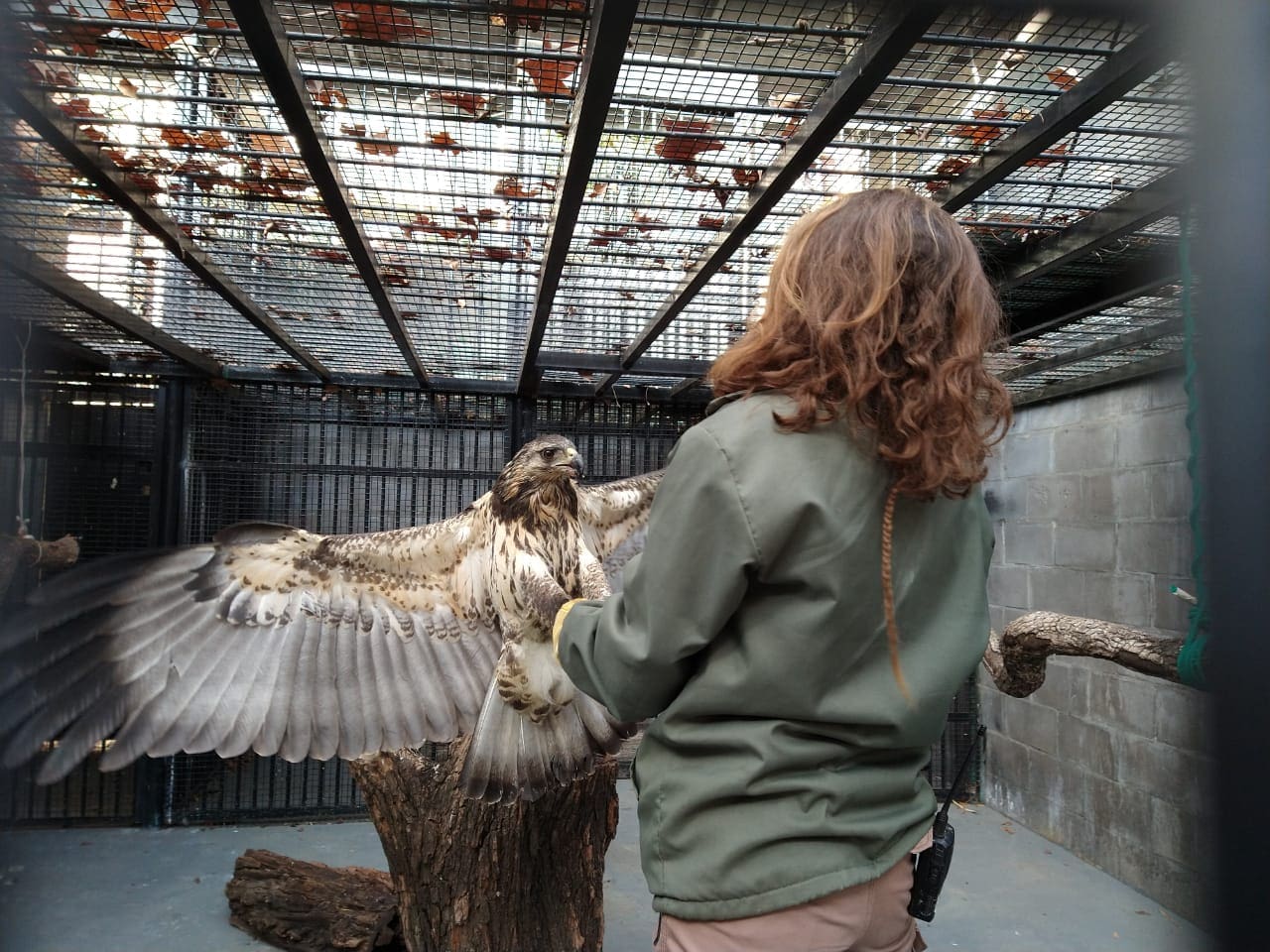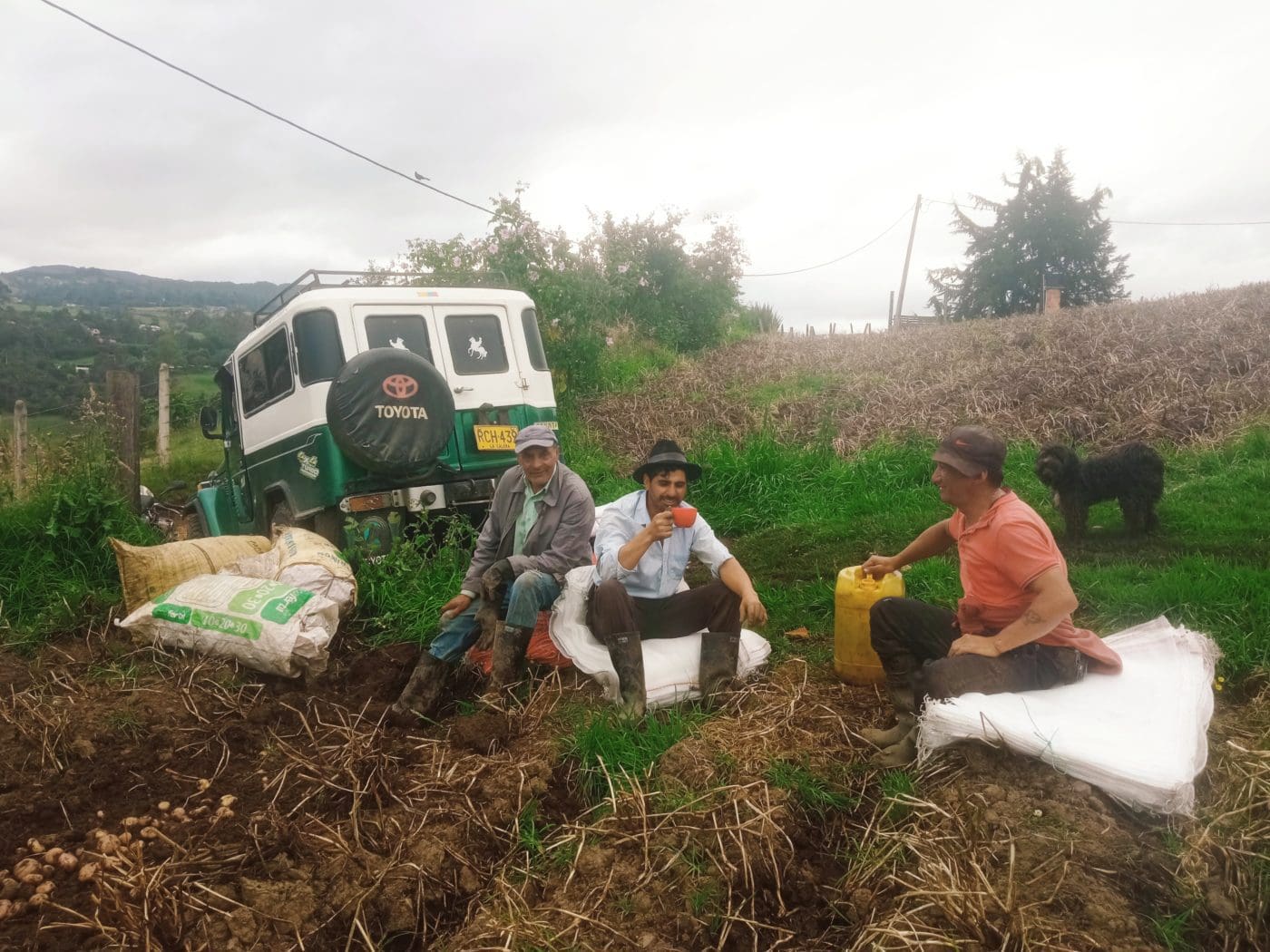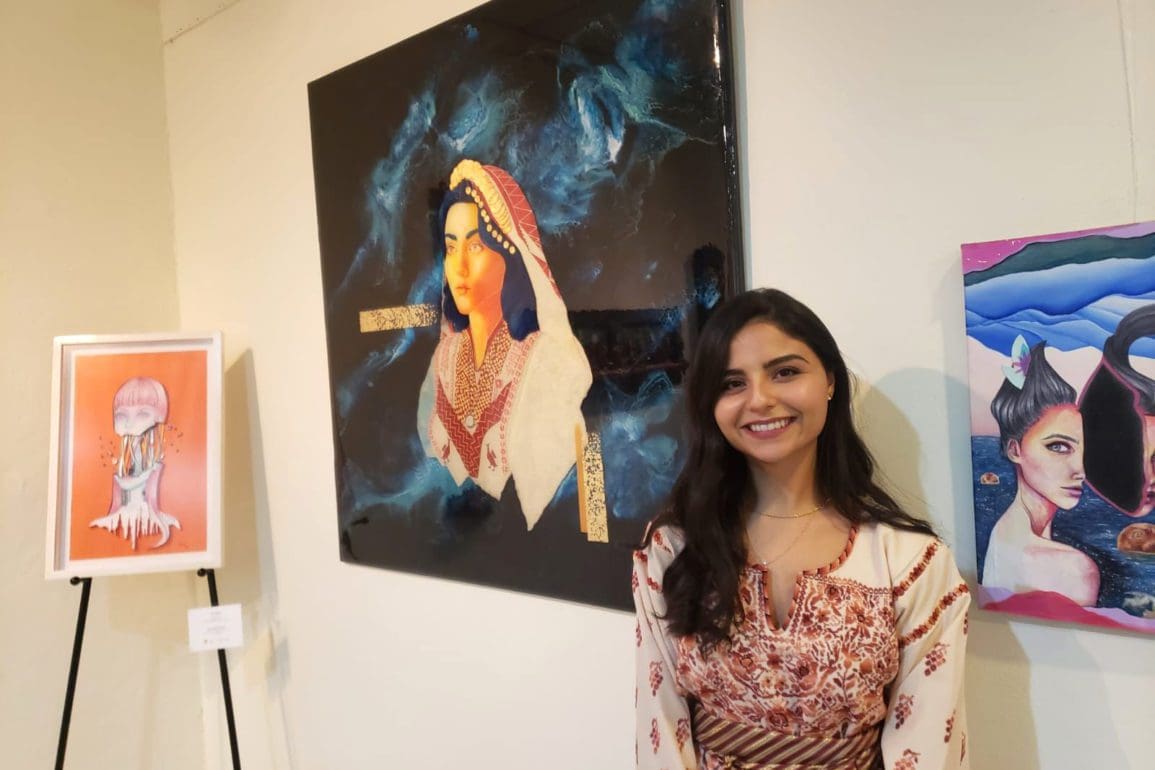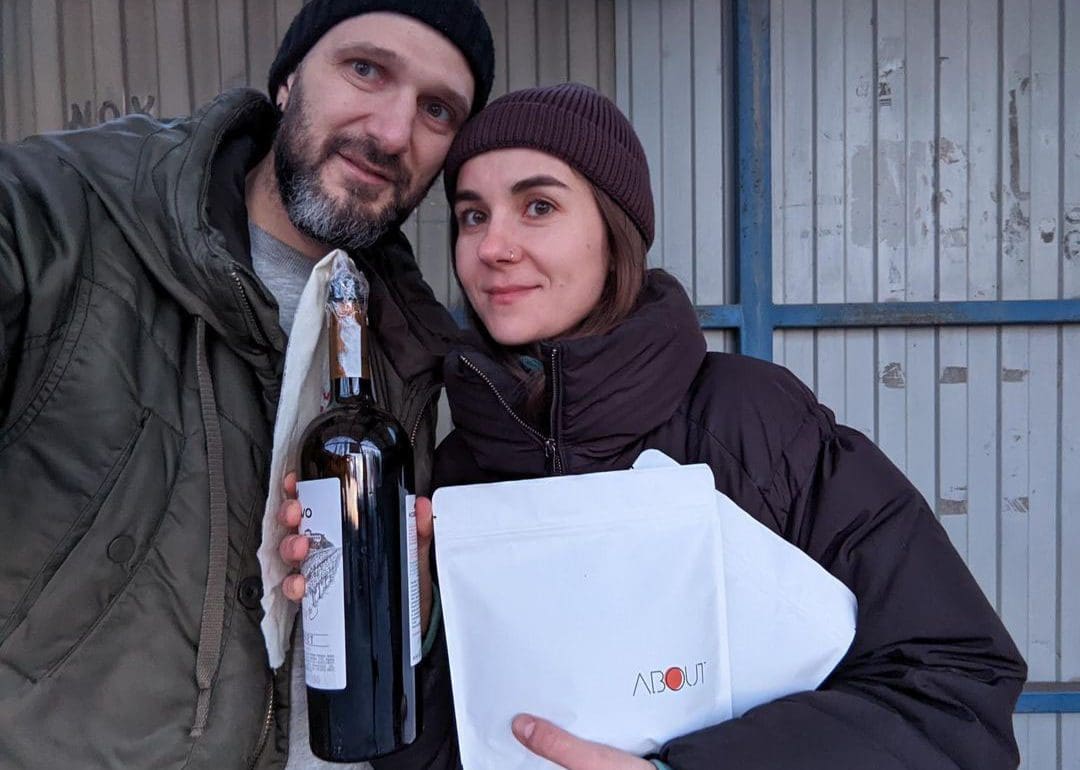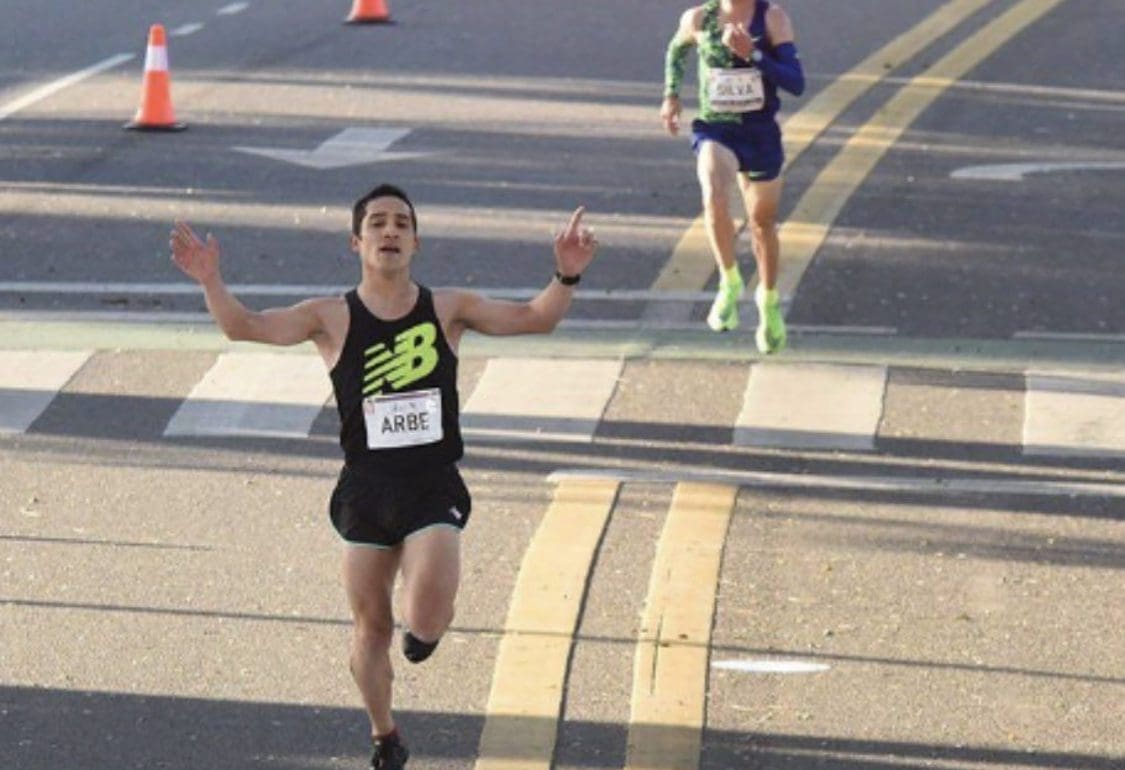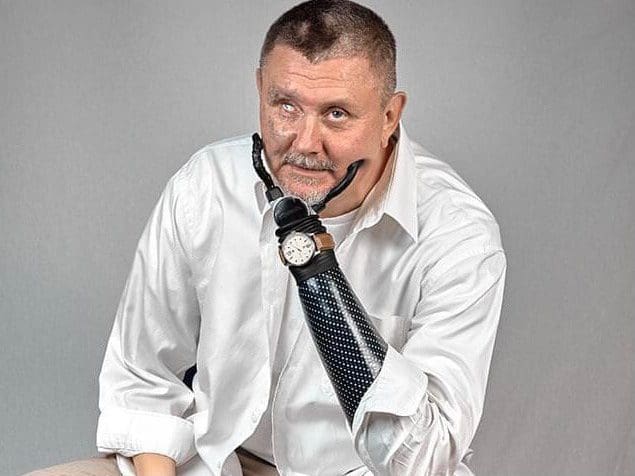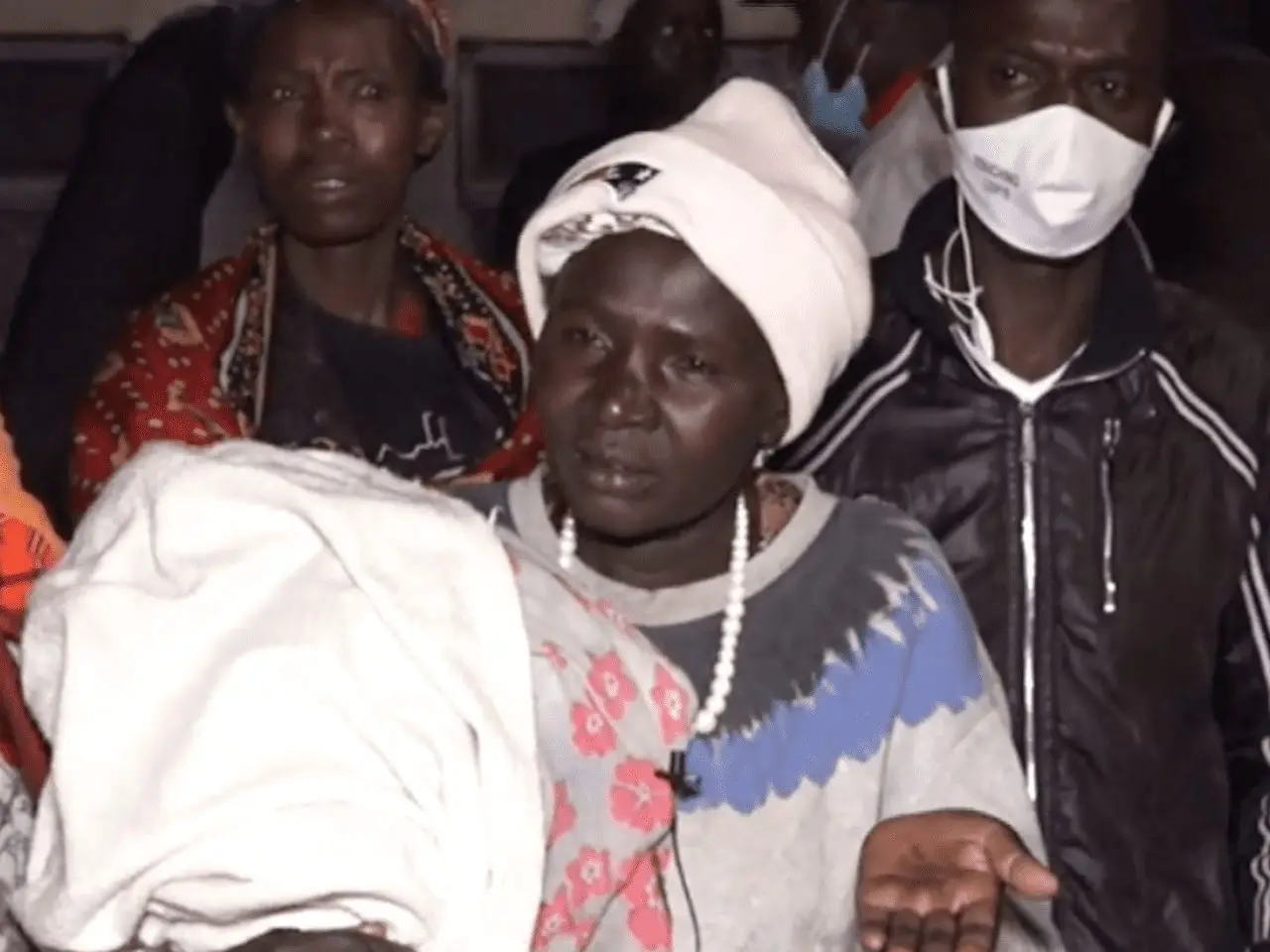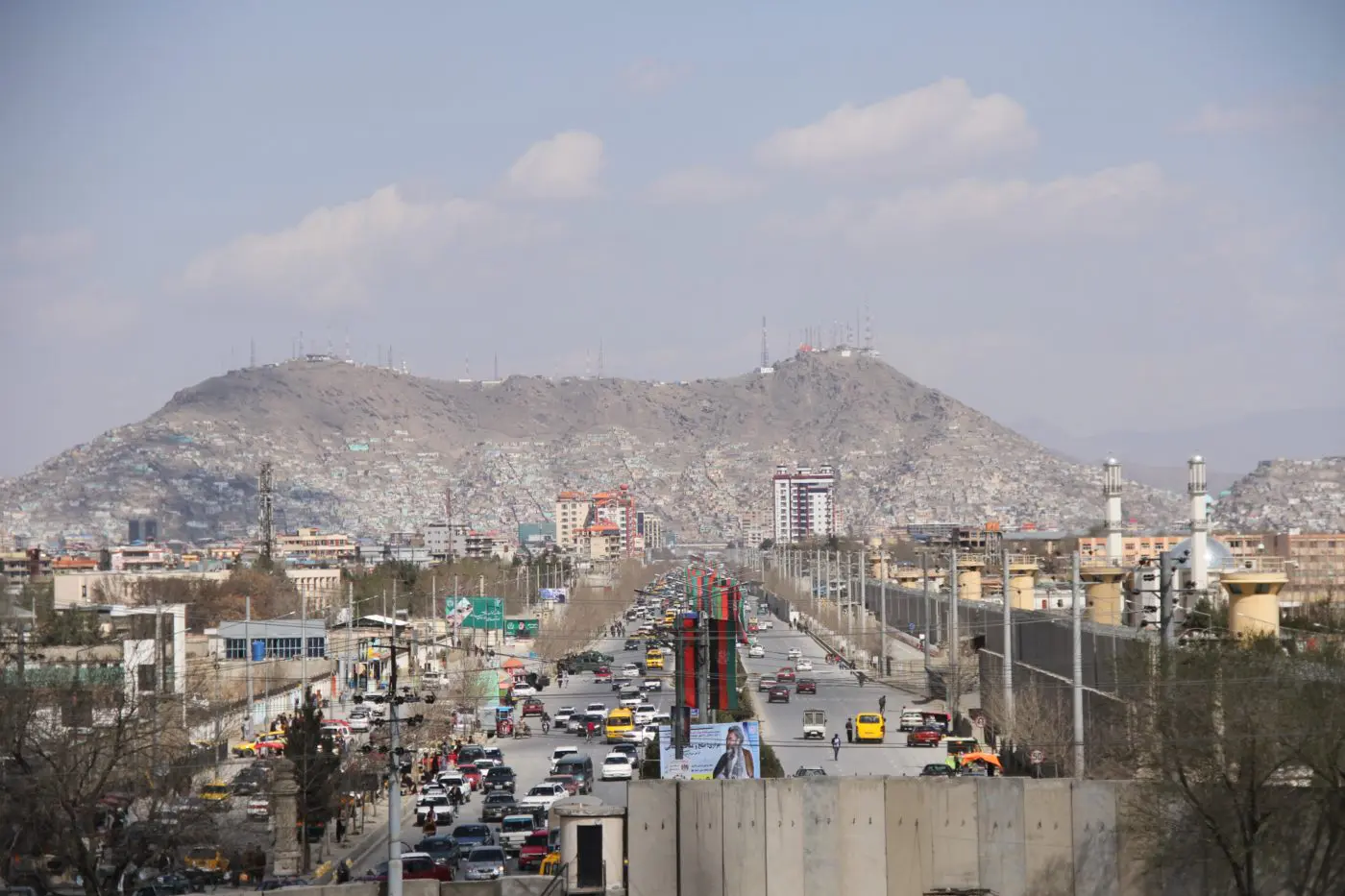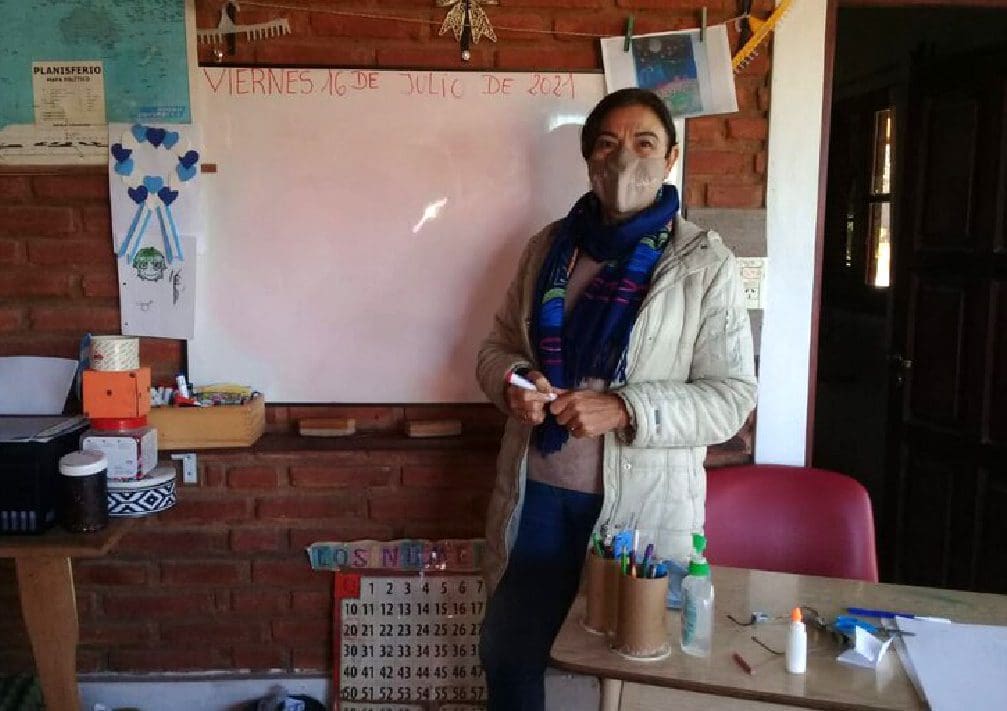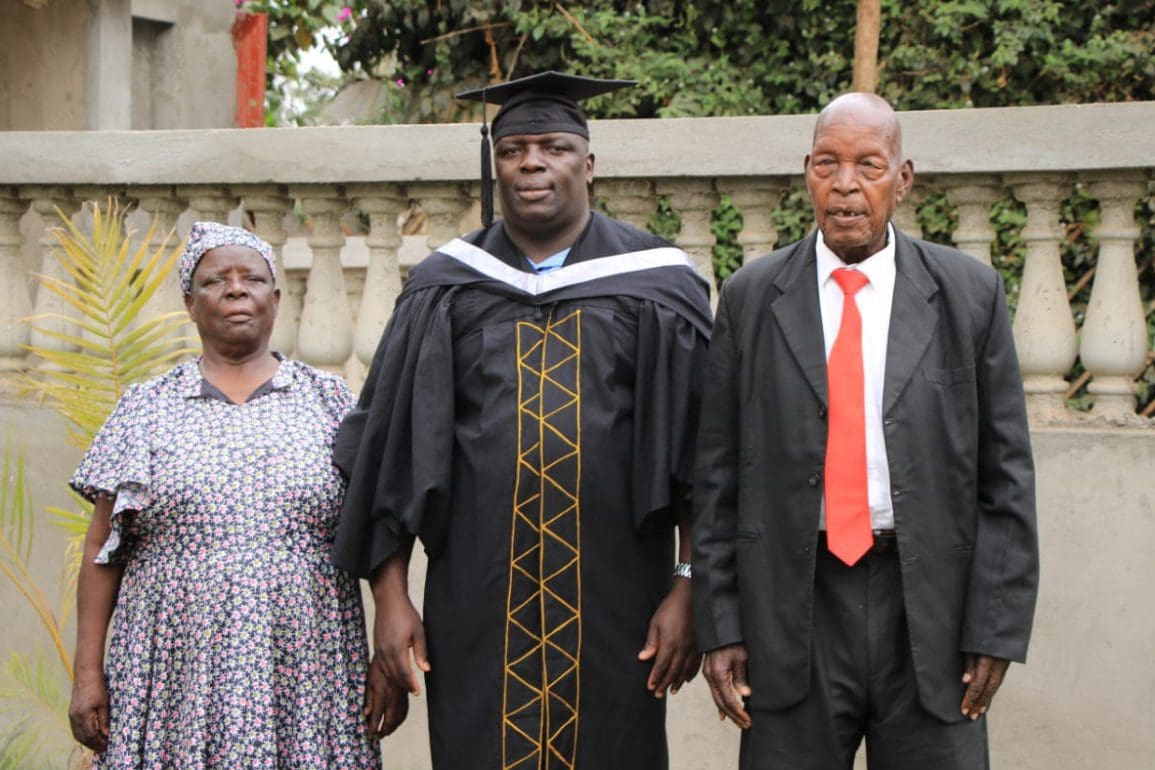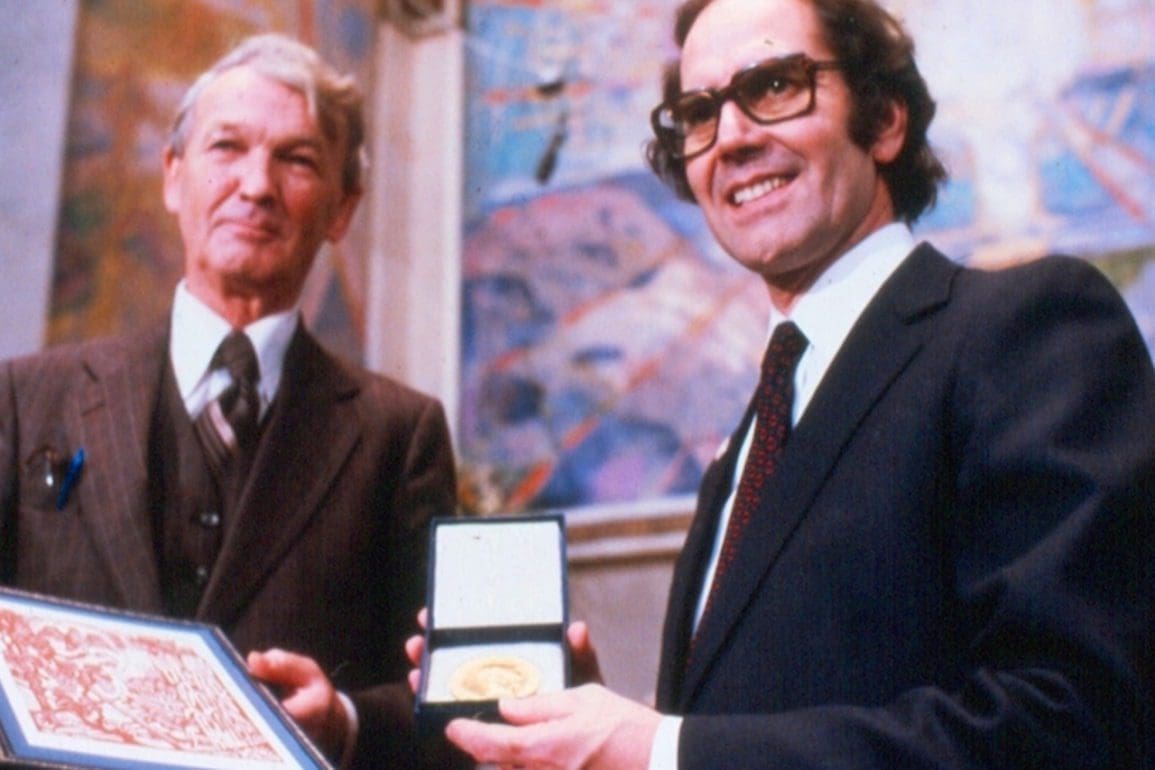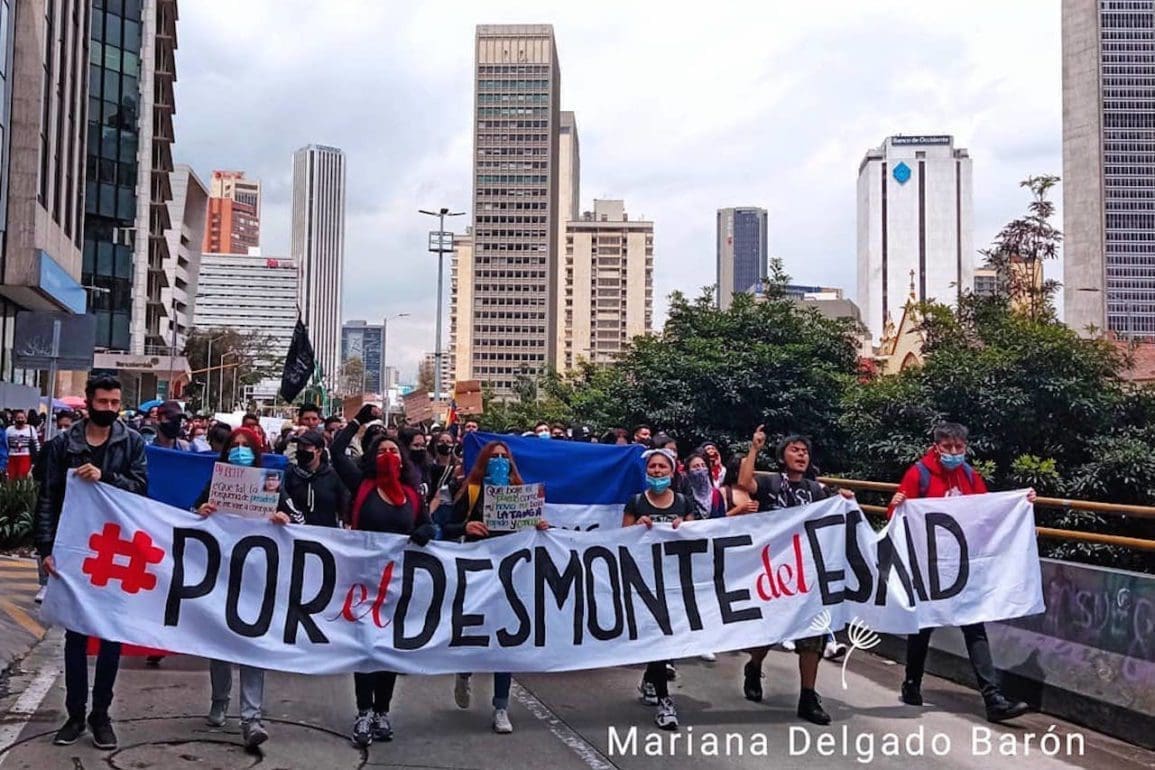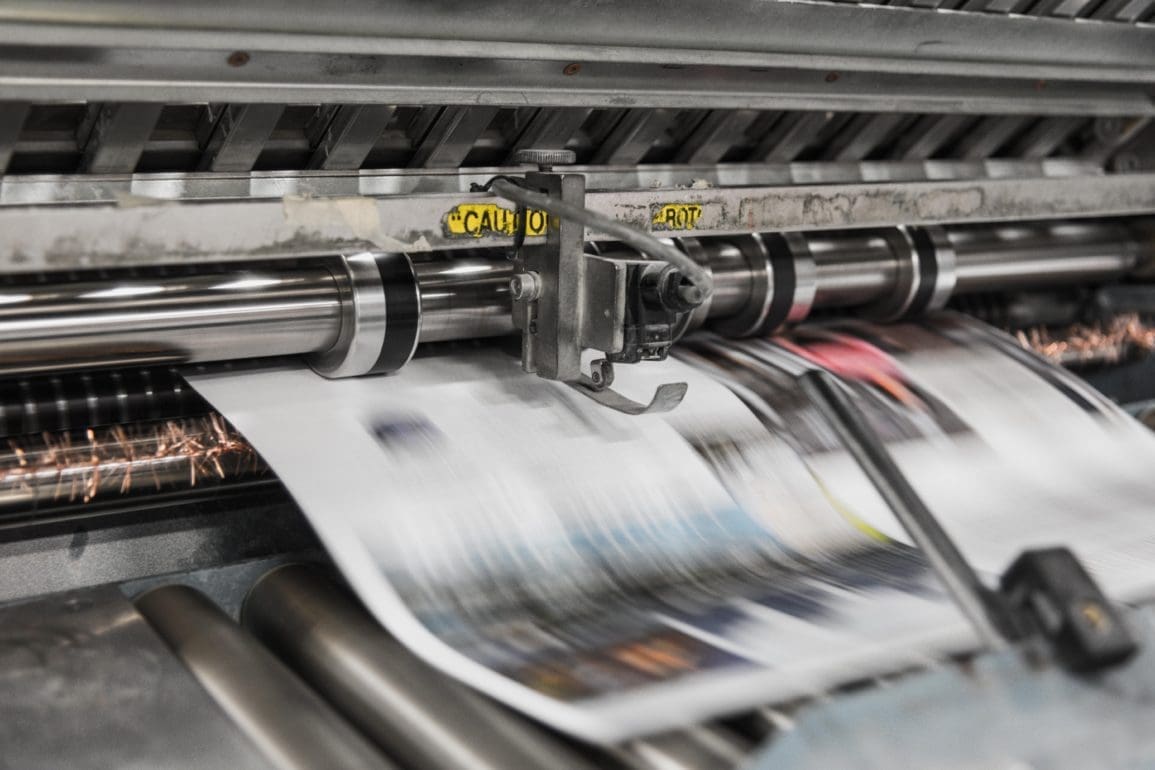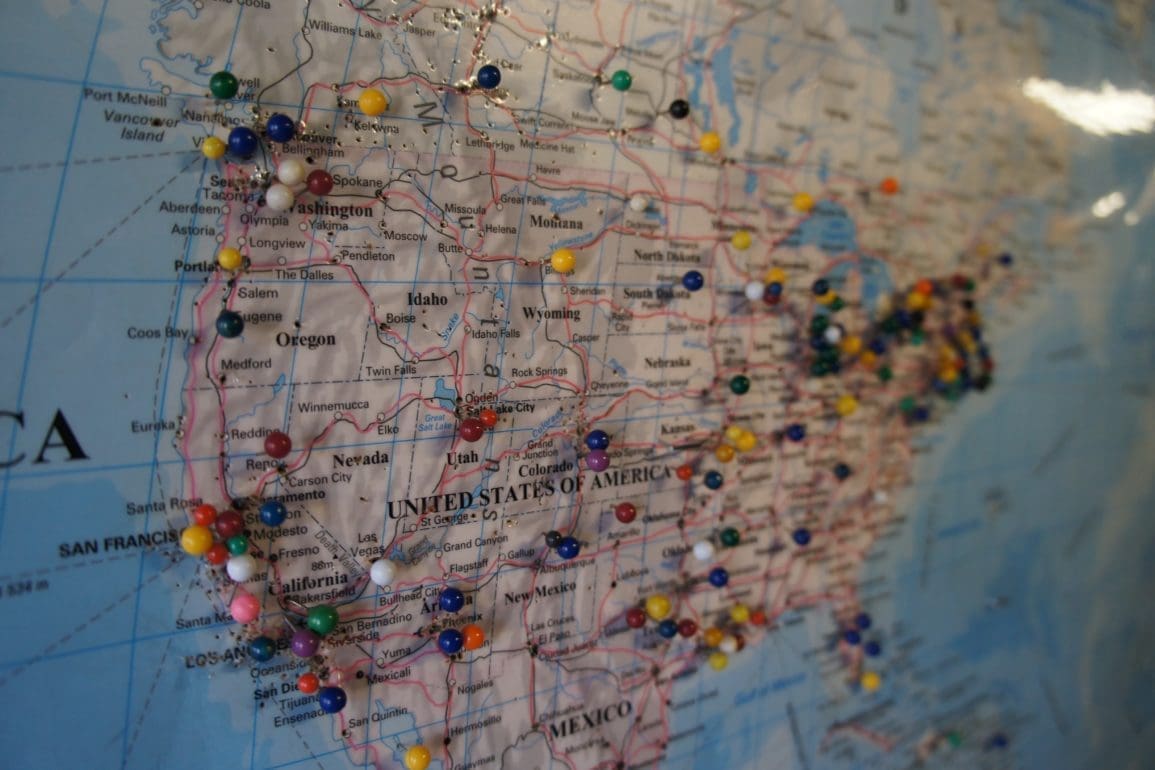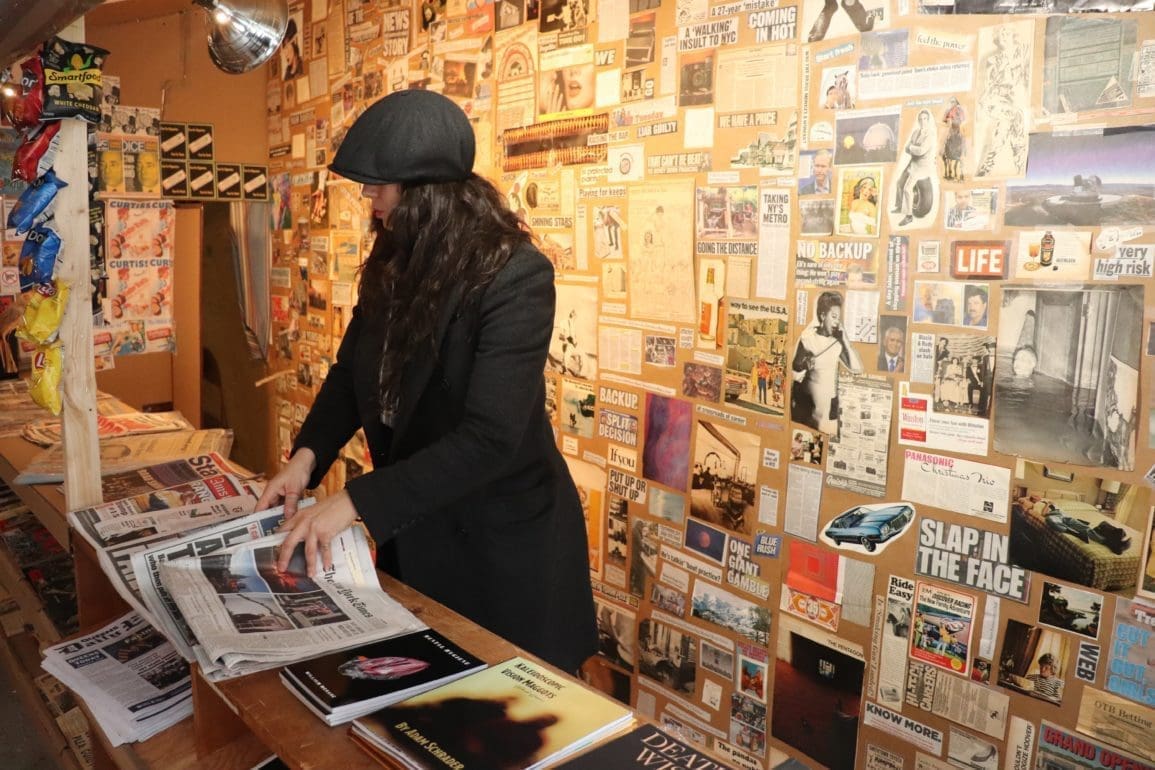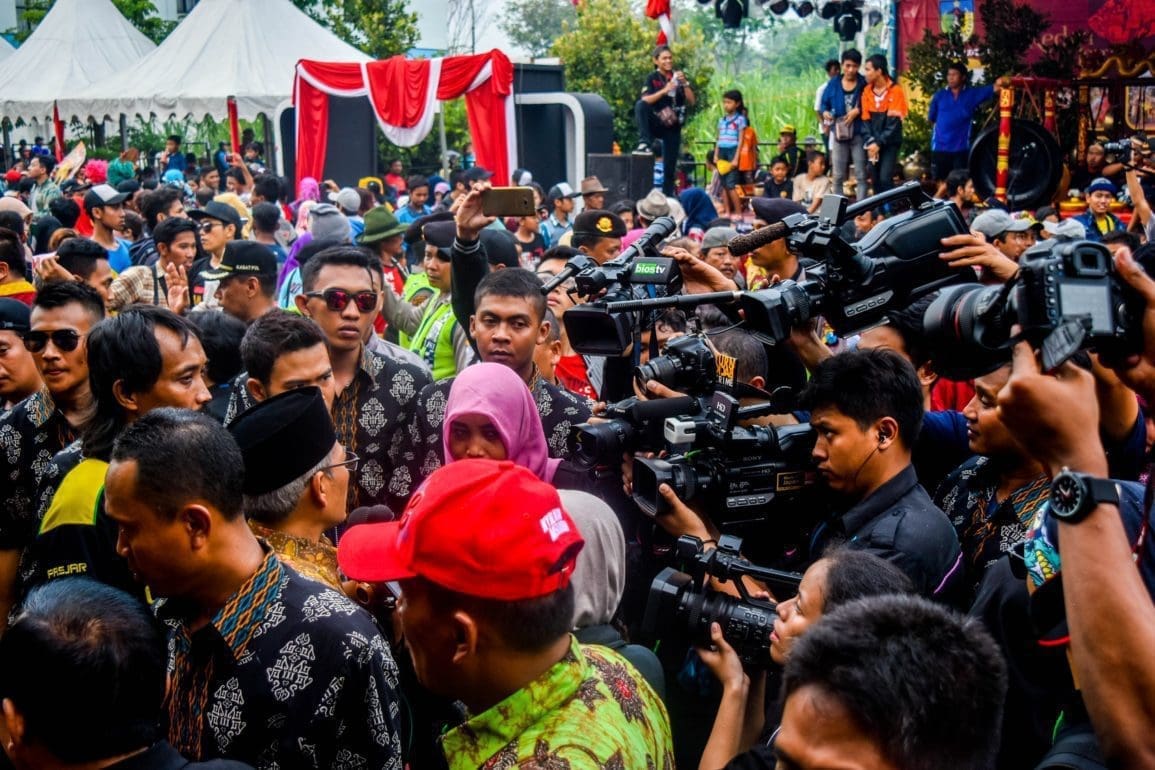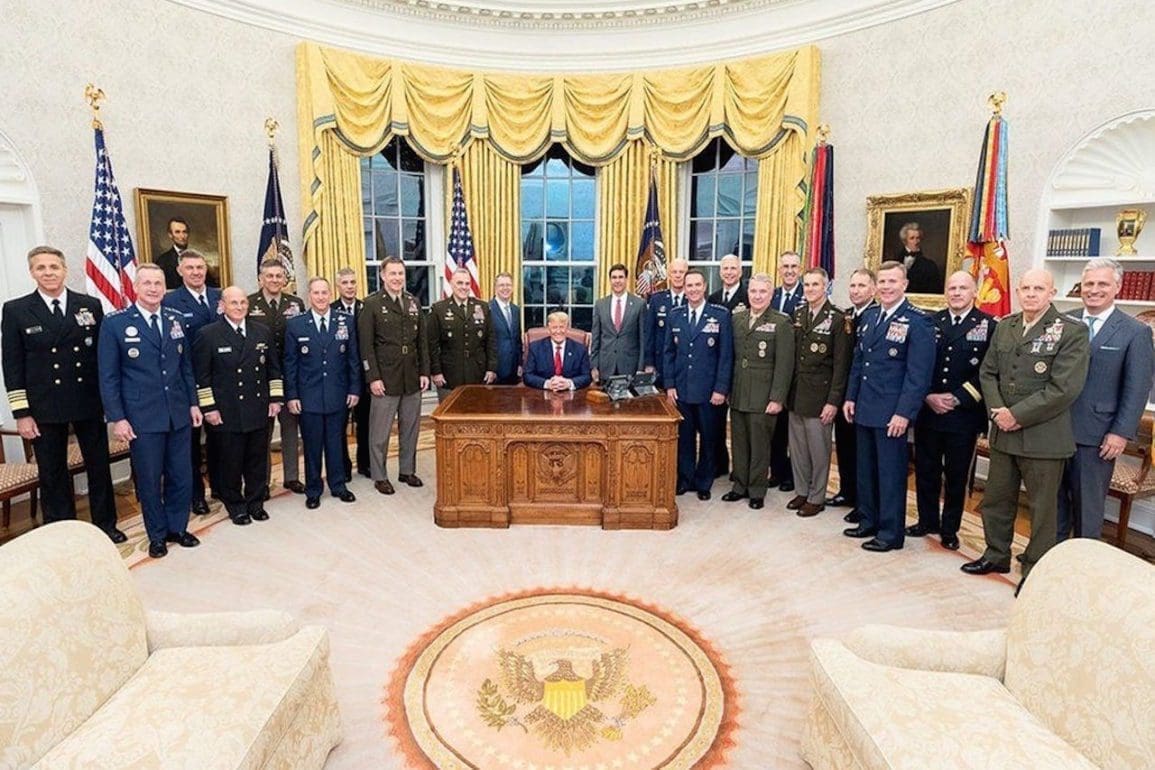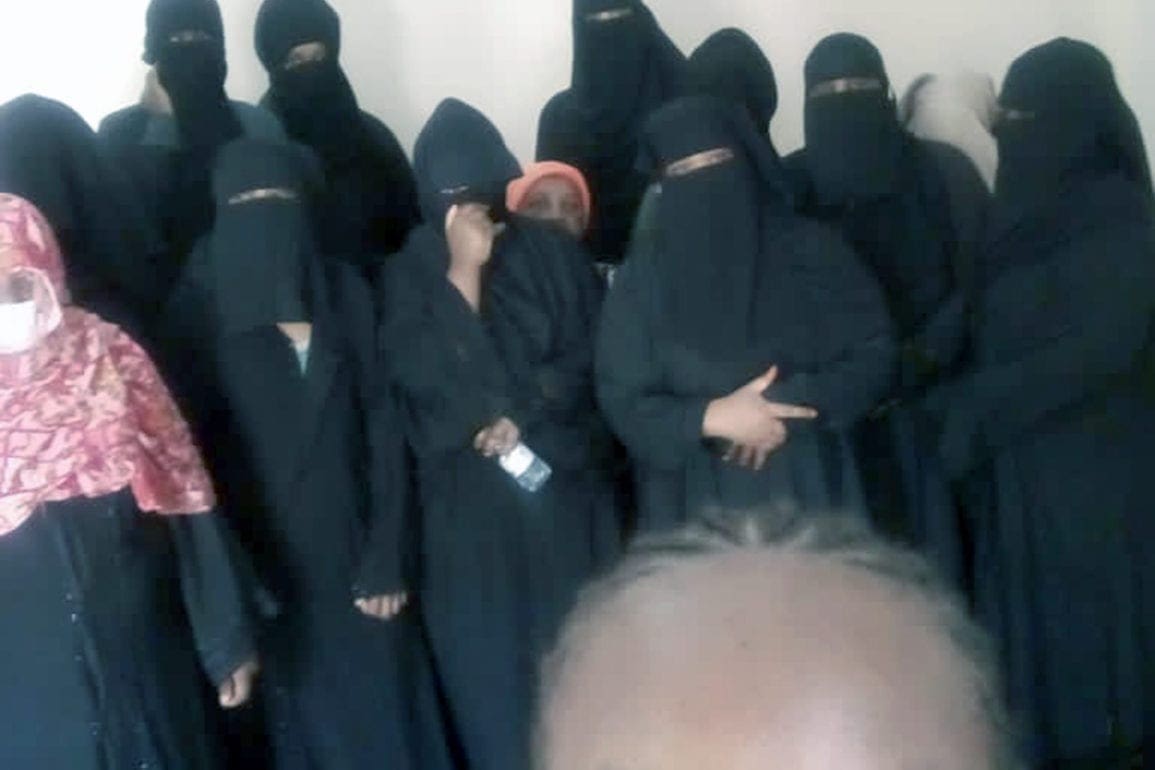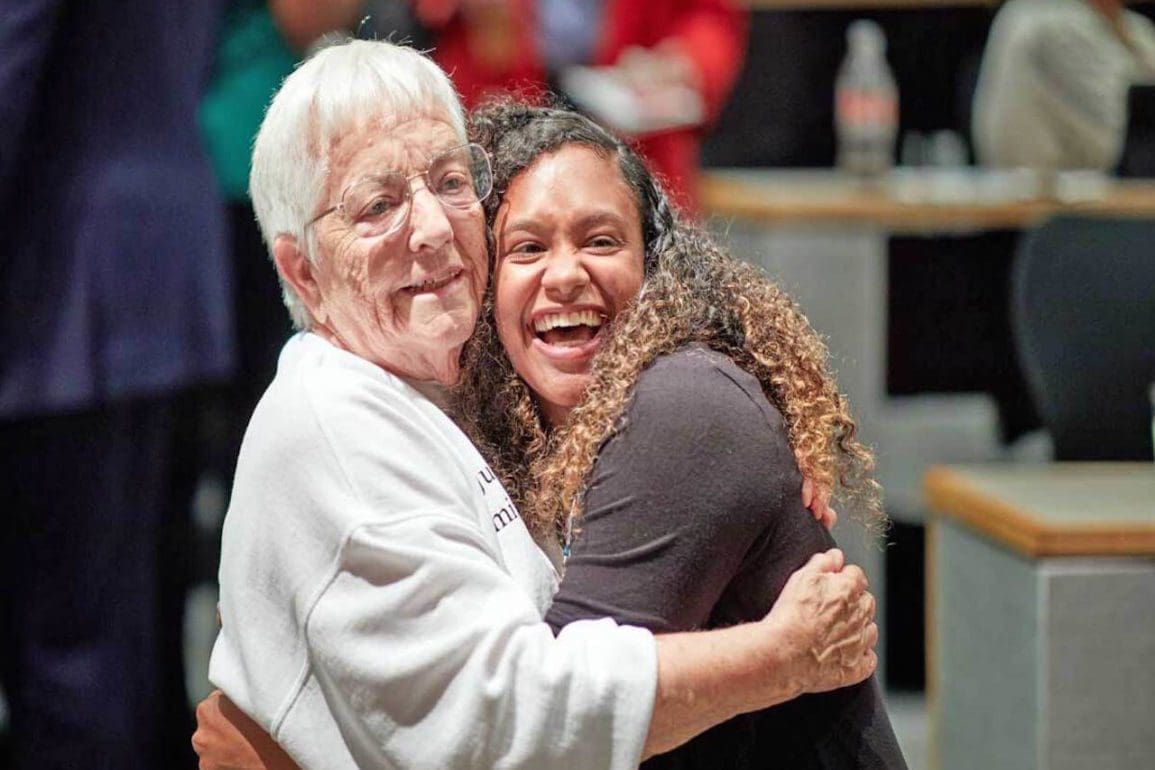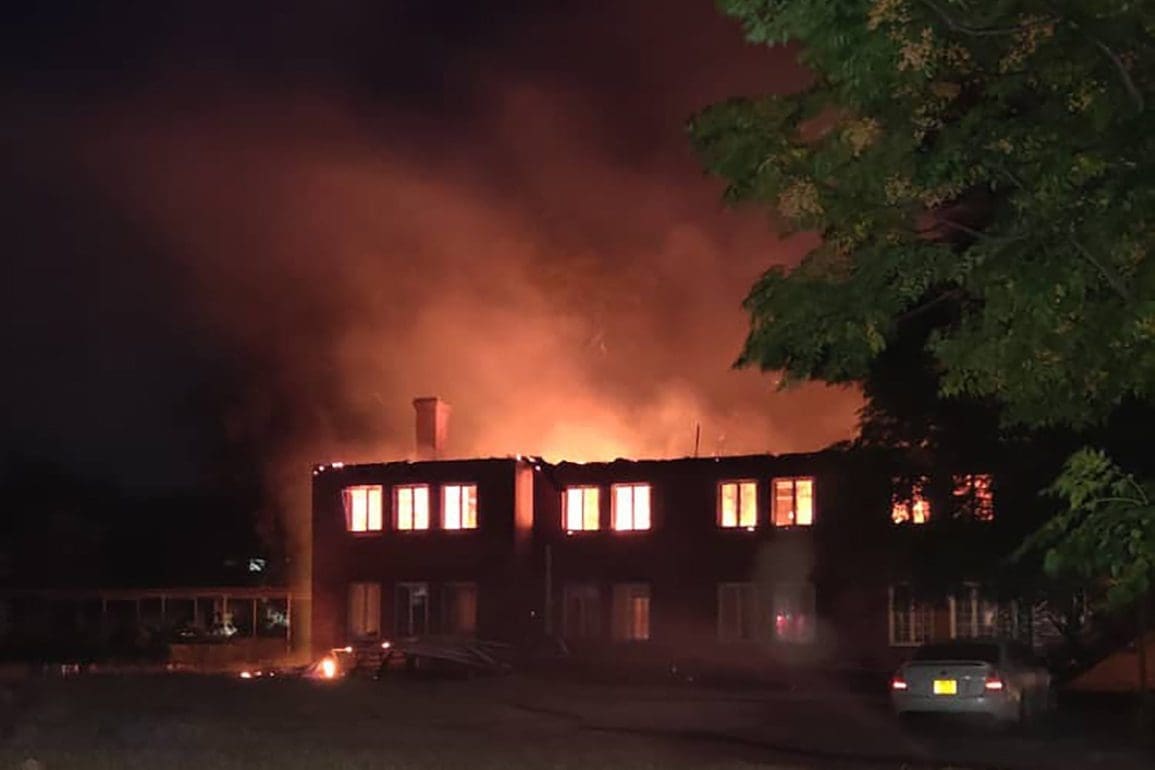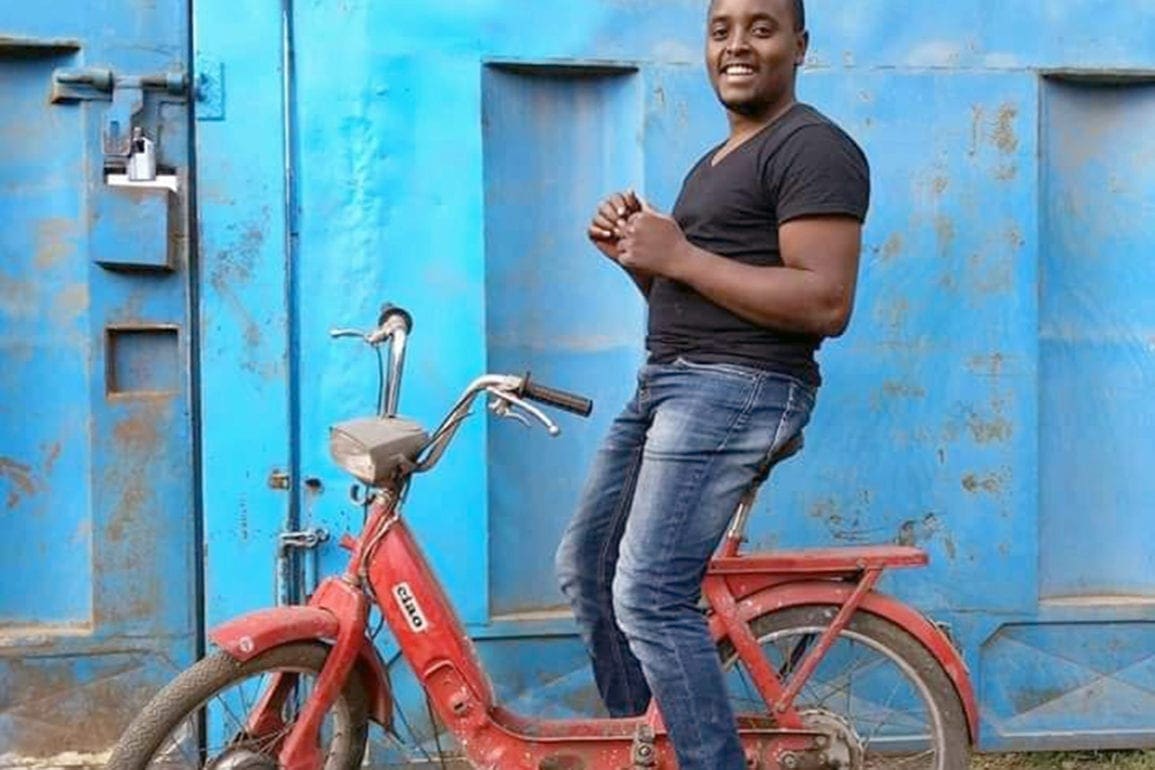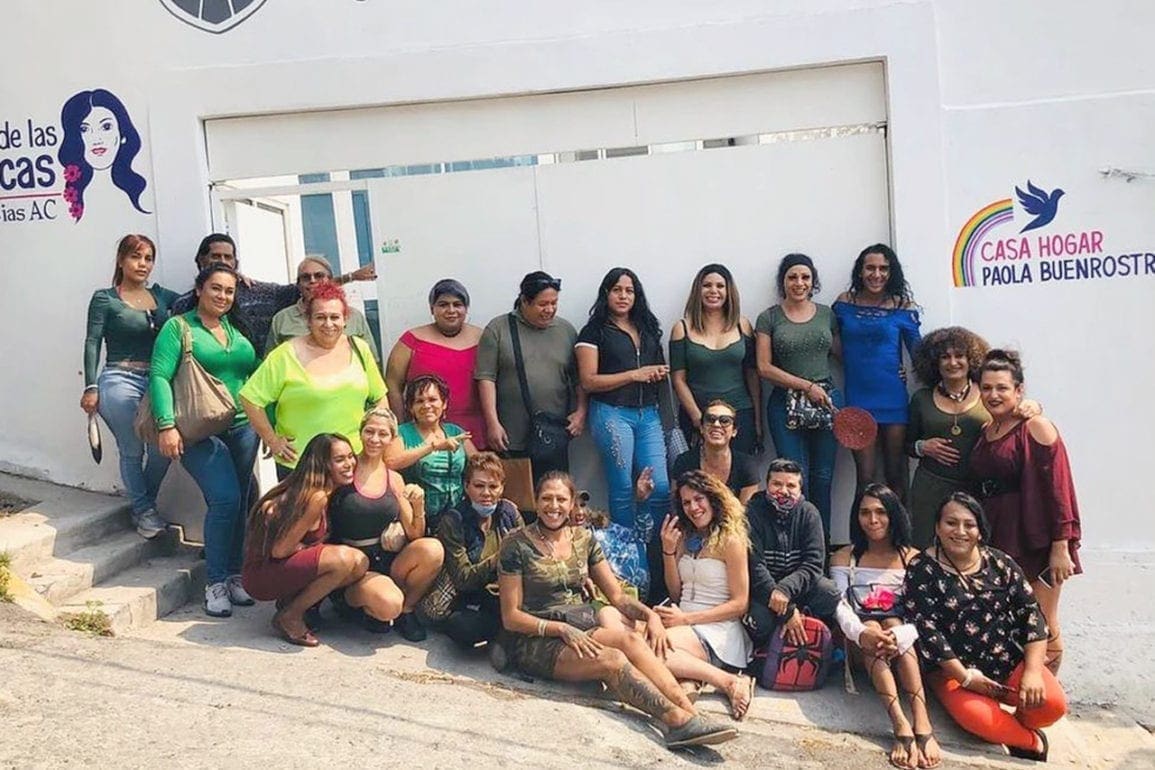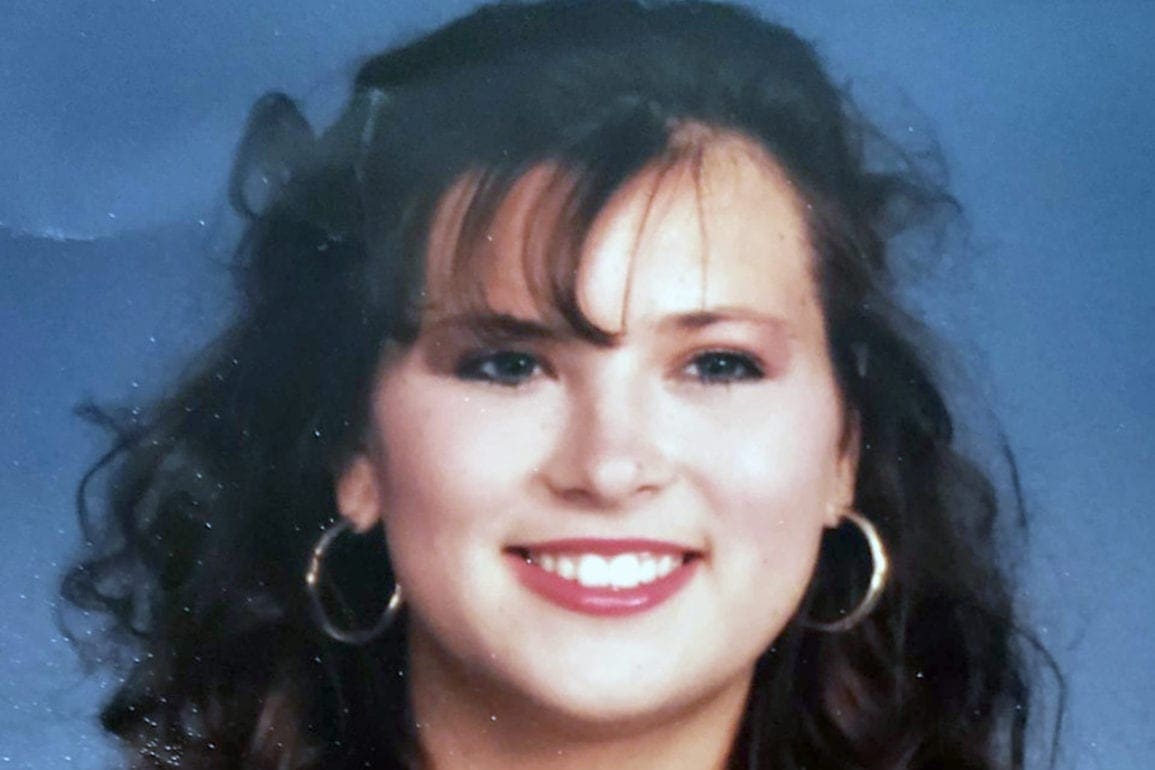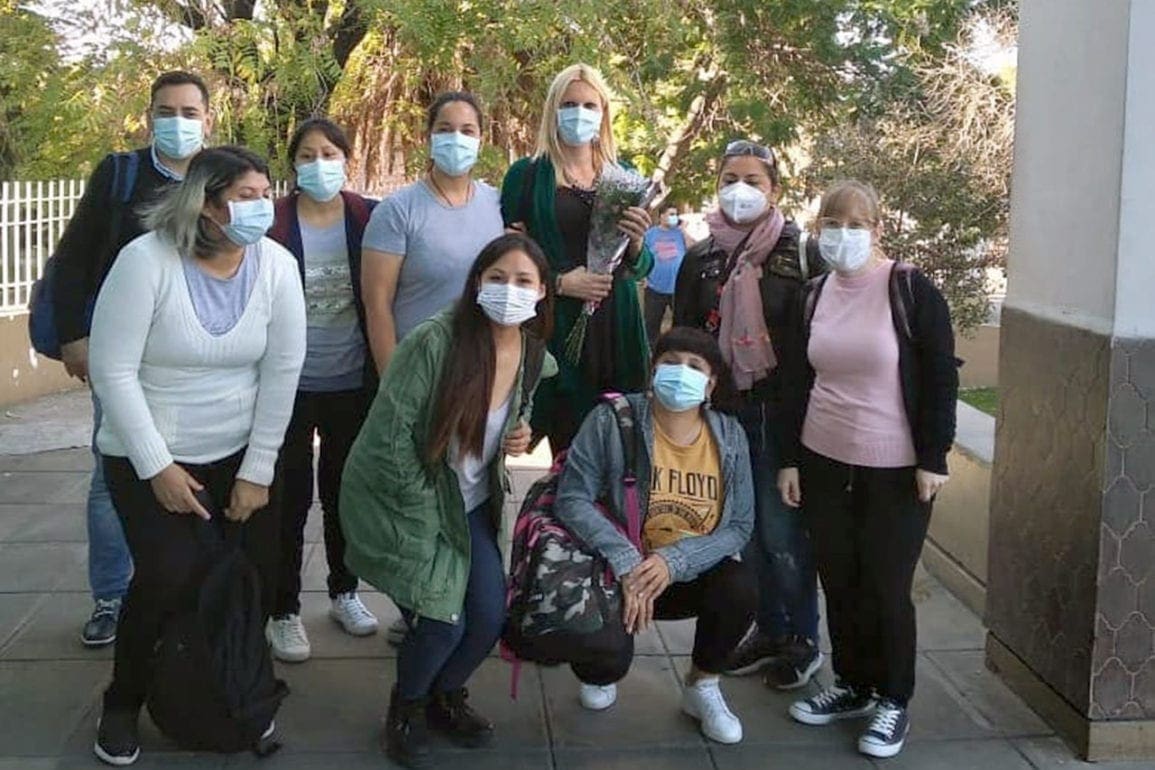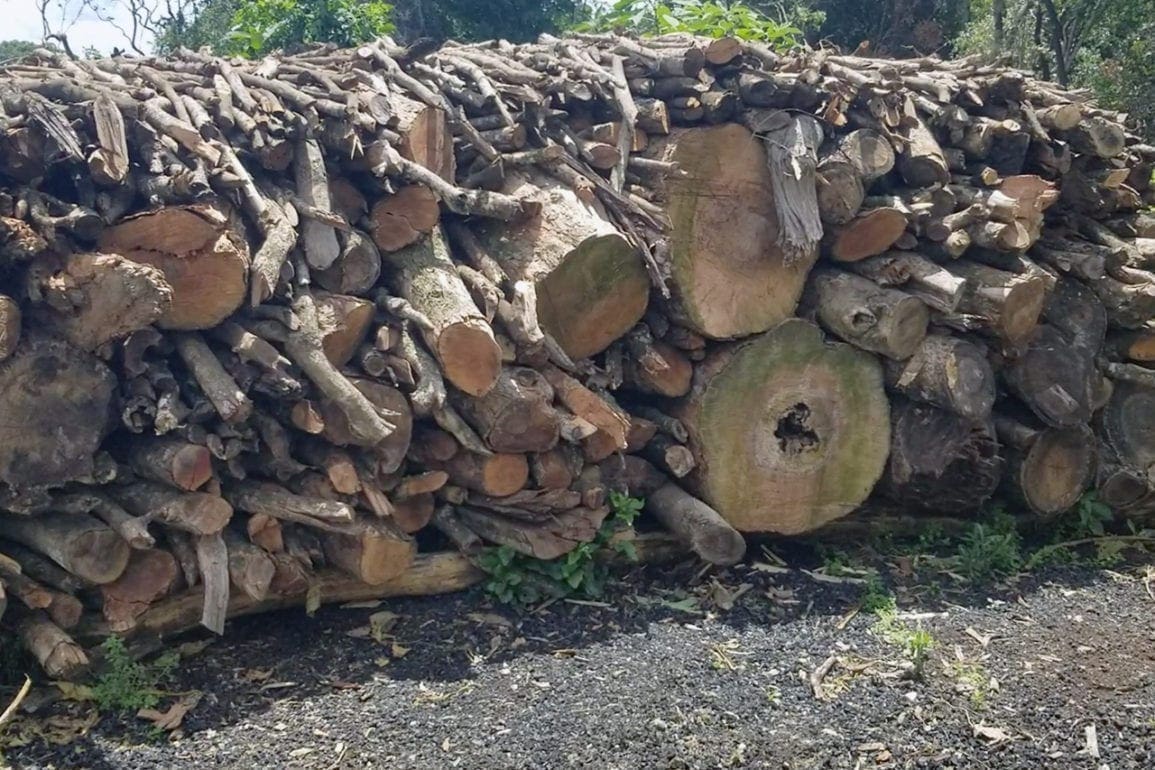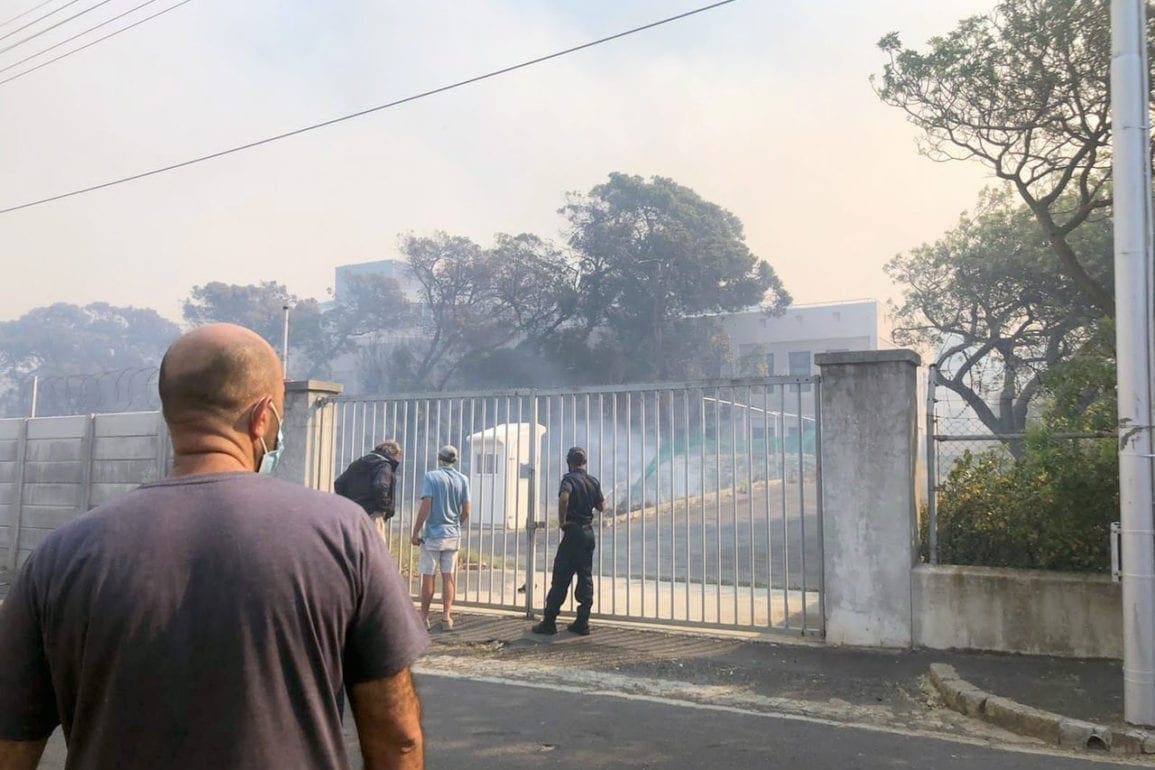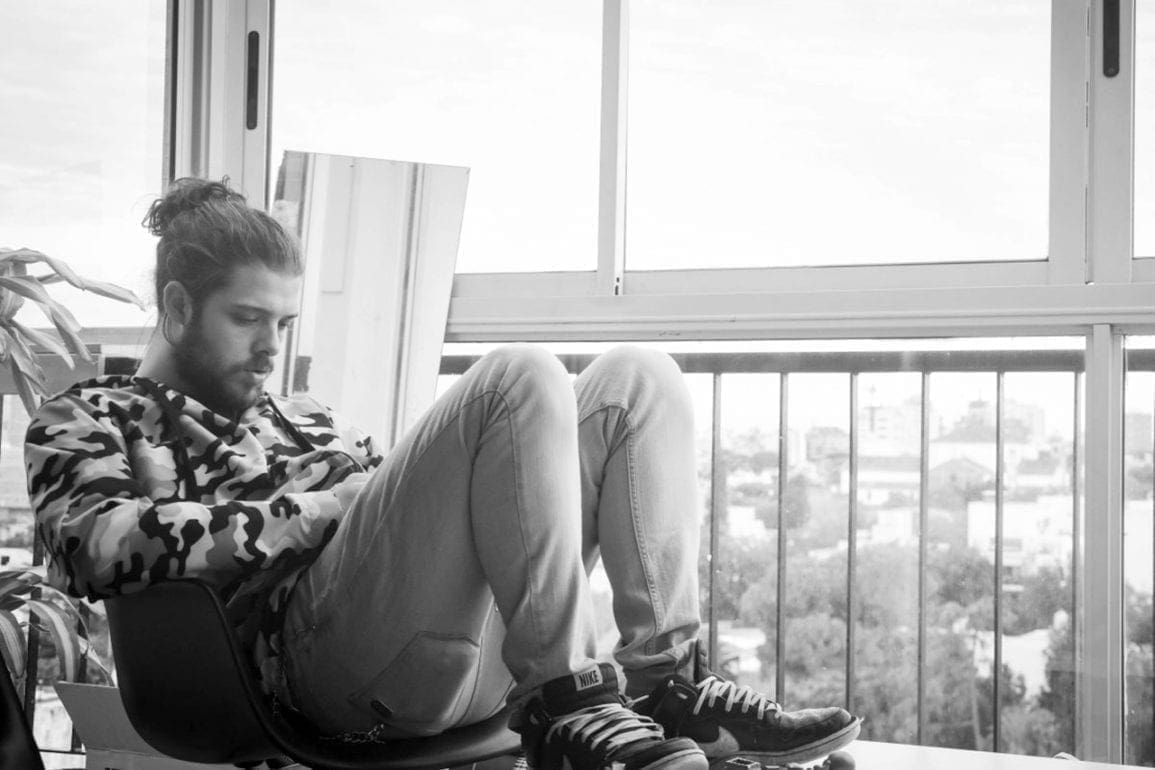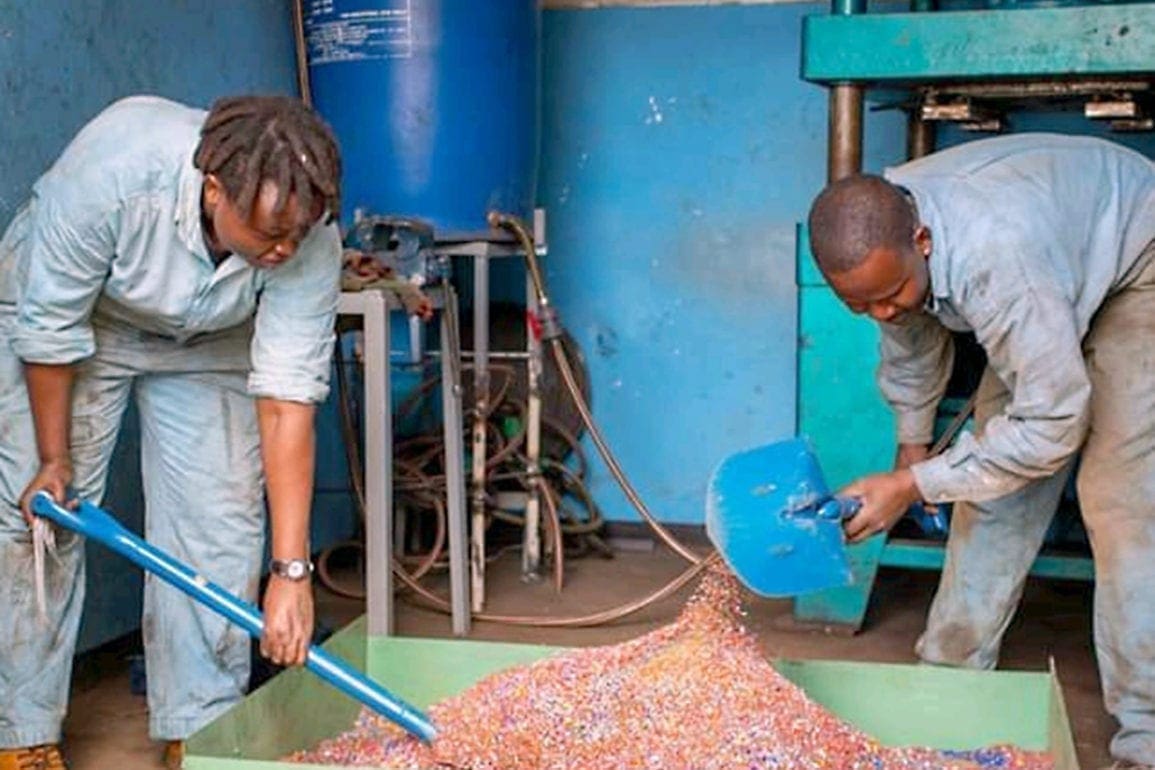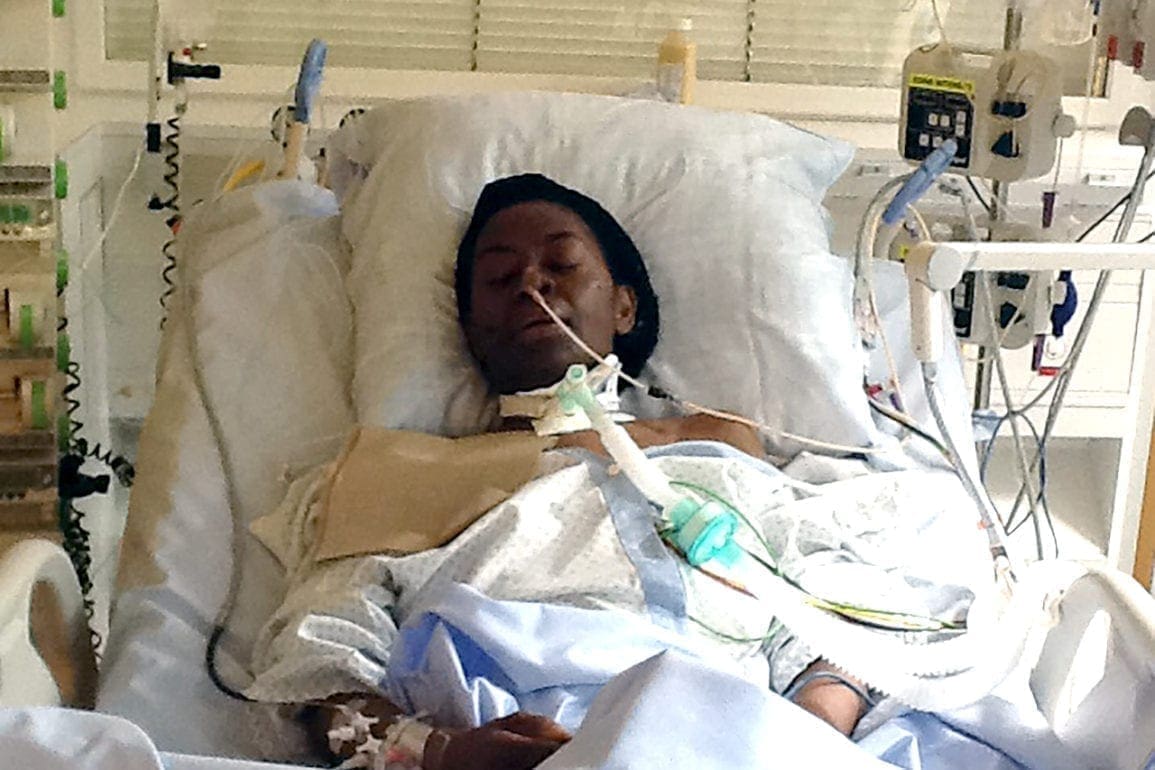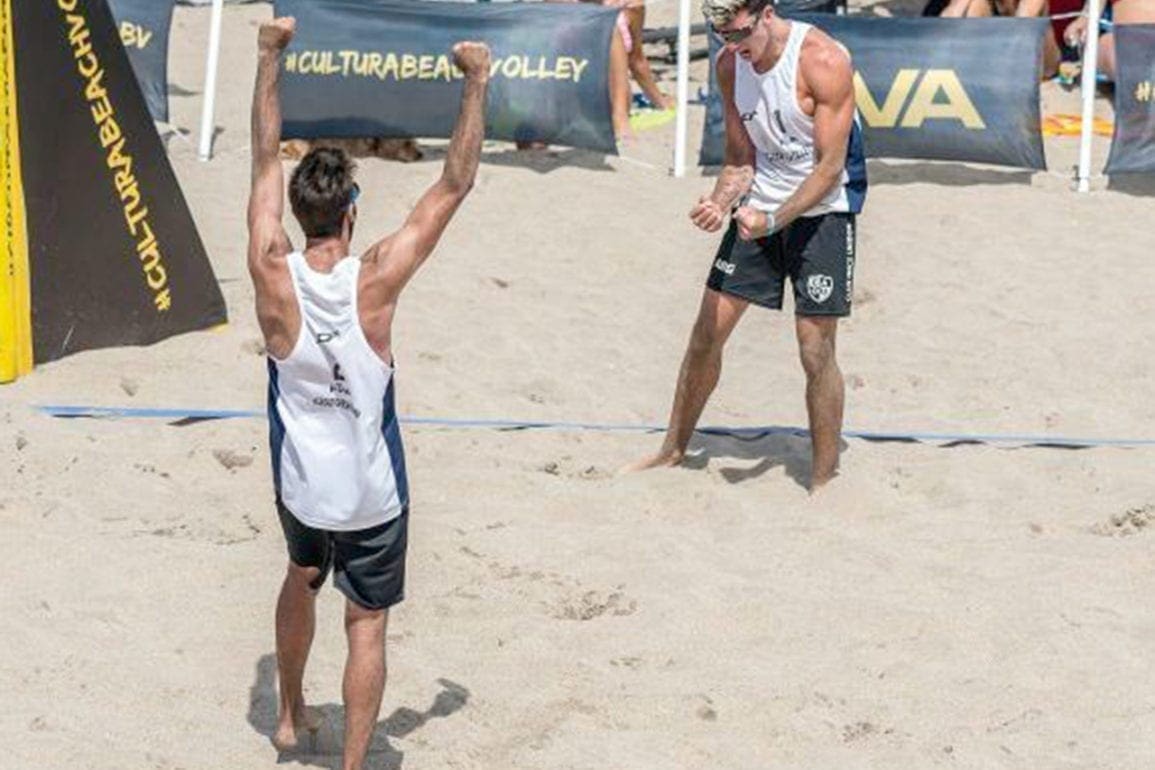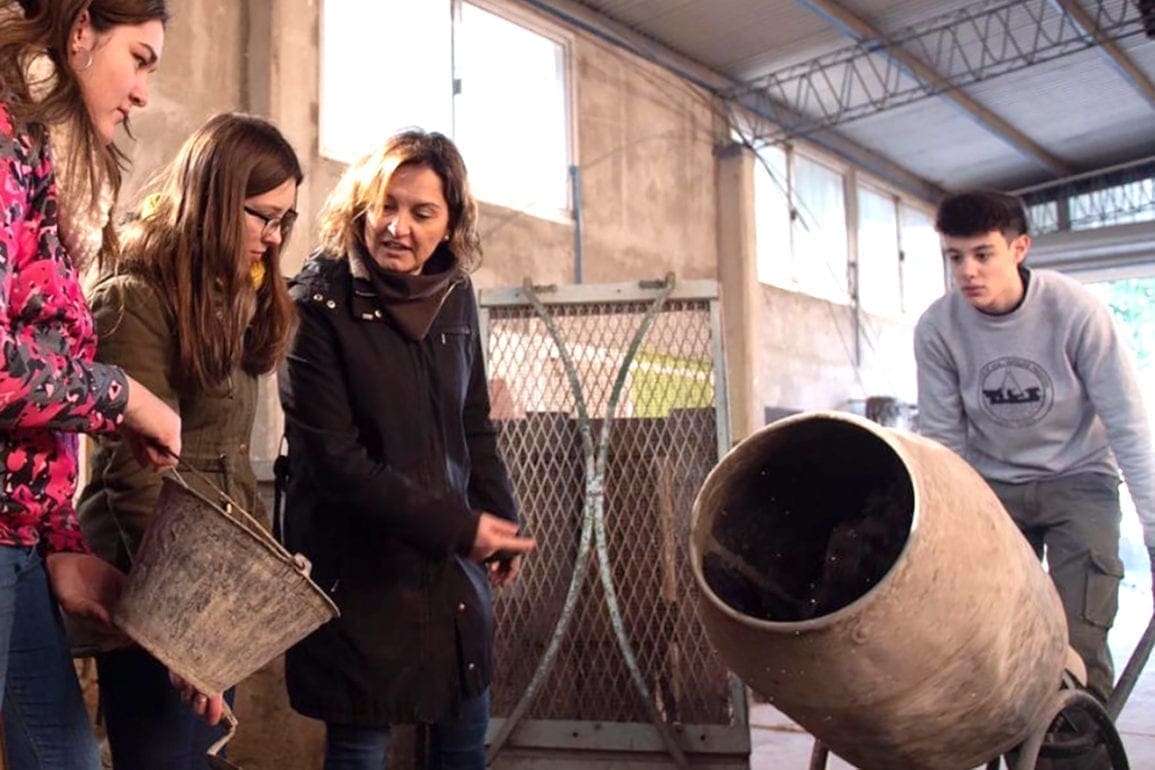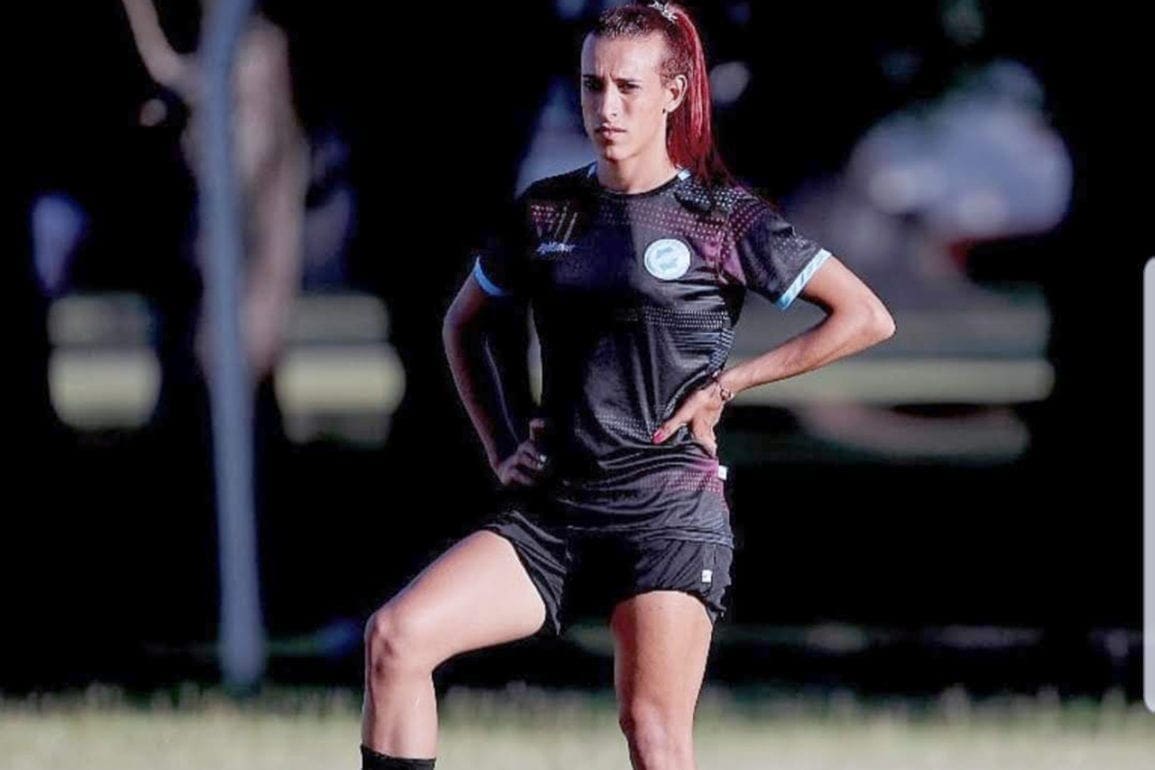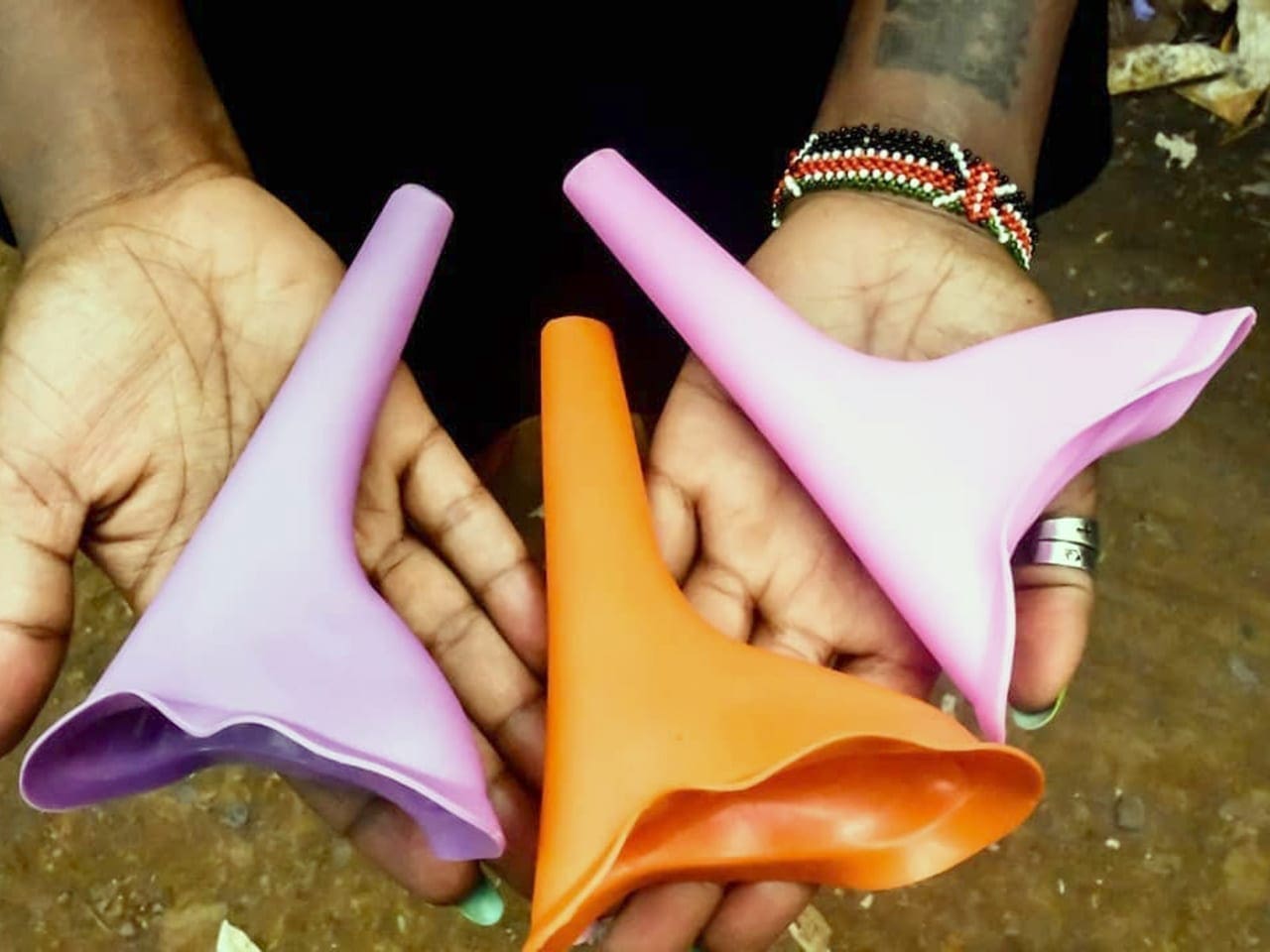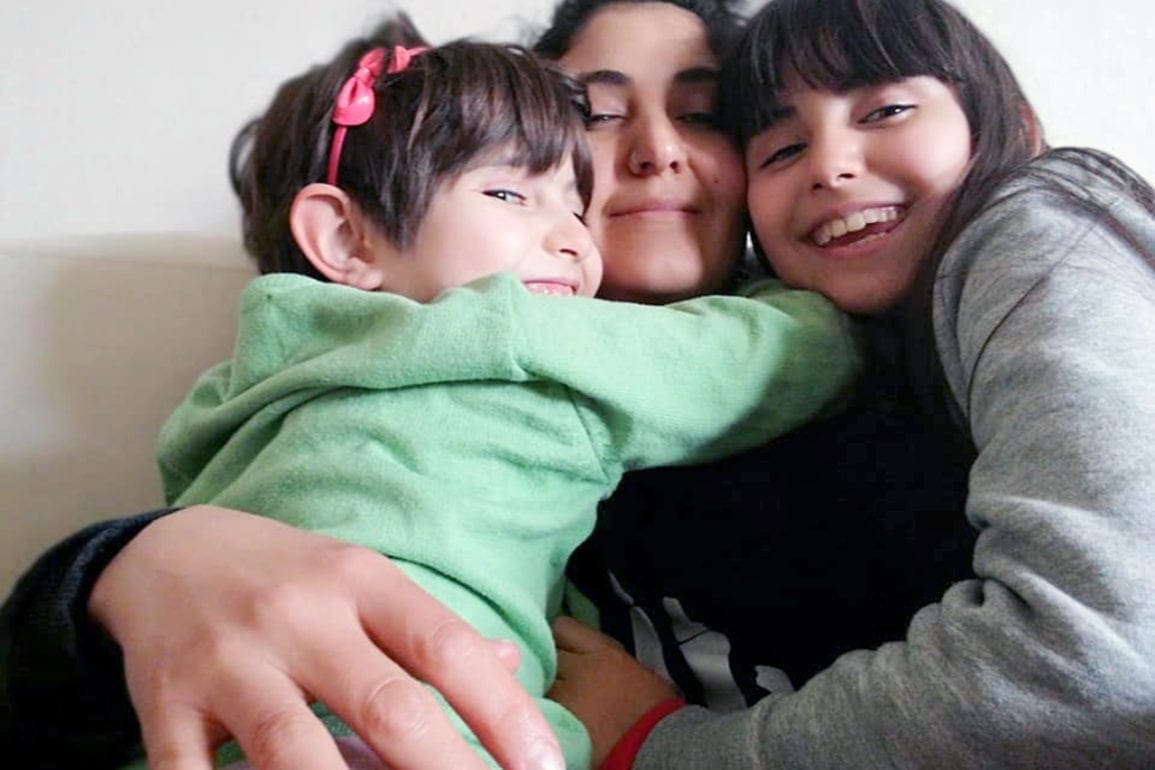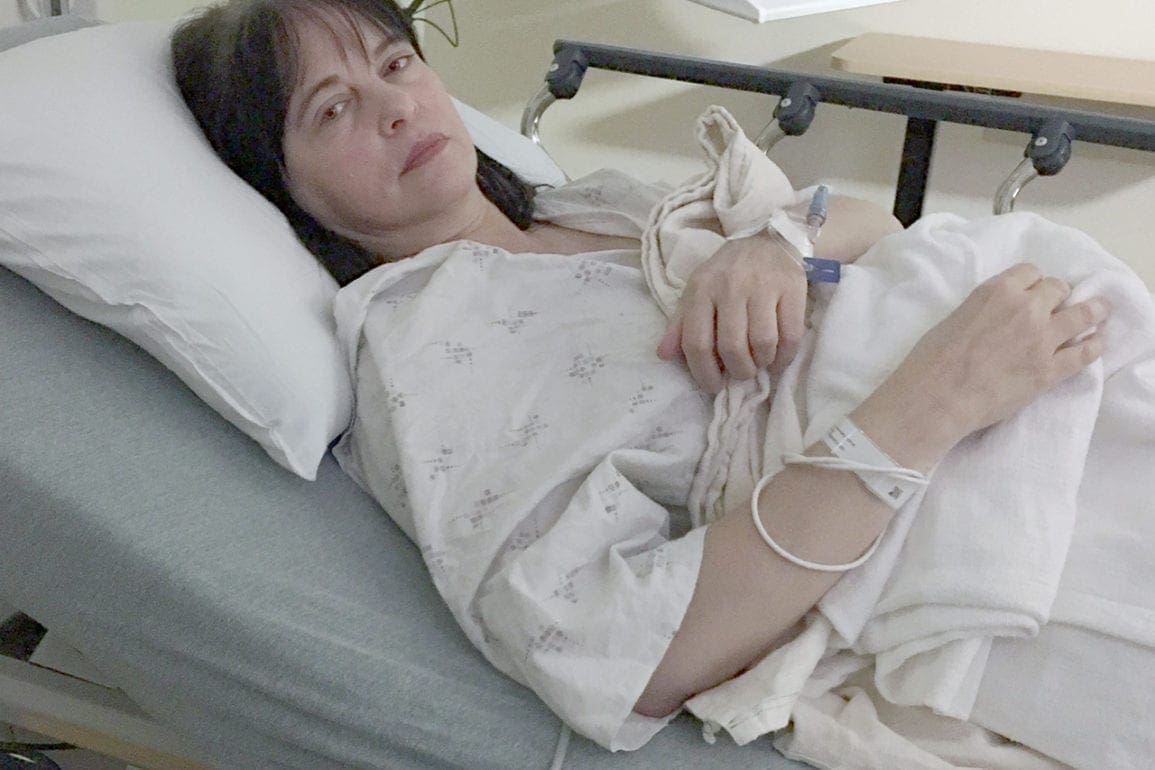Forty-nine years later, family receives remains of executed political prisoner in Chile
In mid-October of 1973, when I was five years old, a man arrived at our house. Half hidden and peeking through my mother’s legs, I listened to his story. The man told my mother my father turned himself in. They knew nothing else, only that he went missing. The man apologized and just as quickly as he came, he disappeared.
- 2 years ago
July 13, 2022
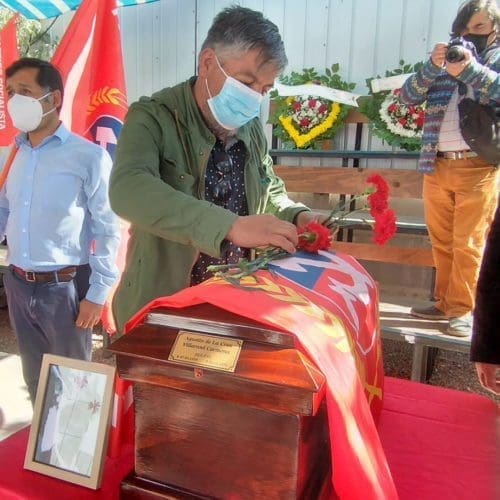
COPIAPÓ, Chile ꟷ On Friday, May 20, 2022, my family received a small, light coffin containing the remains of my father Agustín Villarroel Carmona. A second coffin contained the remains of his colleague Luis Segovia. The military executed them, and they finally came home.
Forty-nine years ago, the dictatorship of Augusto Pinochet extrajudicially executed my dad. We waited nearly five decades to get him back.
We took the coffins to the Atacama House of Memory for a public ceremony. Local authorities, social leaders, politicians, popular singers, and artists attended. The long journey to this moment did not occur alone. Every step of the way, the Relatives and Friends of Executed Political and Disappeared Detainees of Atacama accompanied me.
Government executes father for communist political ideology
At 6:00 p.m. on October 6, 1973, my father turned himself in at the police station in Tocopilla, Chile. Official statements circulated throughout the city calling for his surrender. Military groups raided towns looking for him.
During my dad’s youth, he spoke out about his communist beliefs. When he found out from his communist comrades that young men in prison were being tortured and executed because of him, he willingly surrendered.
Upon entering the police station, he met Hilda Alfaro, widow of Marco de la Vega. Vega was an executive politician. Hilda tried to convince my dad not to surrender, but he made up his mind. He said, “No, compañera, I can’t keep hiding. I cannot continue to allow my people to suffer. I am going to give myself up, so this ends.”
Soon after, they executed my father, along with four comrades, and threw their bodies into a mine shaft in the middle of the Atacama Desert. They dumped eight more executed prisoners at the location in the following months. Then they used dynamite to blow up and set fire to the 600-meter-deep mine so no evidence could be found.
A man shows up with devastating news for mom and her children
In mid-October of 1973, when I was five years old, a man arrived at our house. As the youngest, I stuck by mother’s side and followed her out to the street. Half hidden and peeking through my mother’s legs, I listened to the story. The man told my mother my father had turned himself in. They knew nothing, only that he went missing.
The man apologized to my mother. Just as quickly as he came, he disappeared. We went back inside the house. The walk from the street to the door seemed to take a very long time. Looking at her, I saw no tears but felt her breath deeply many times.
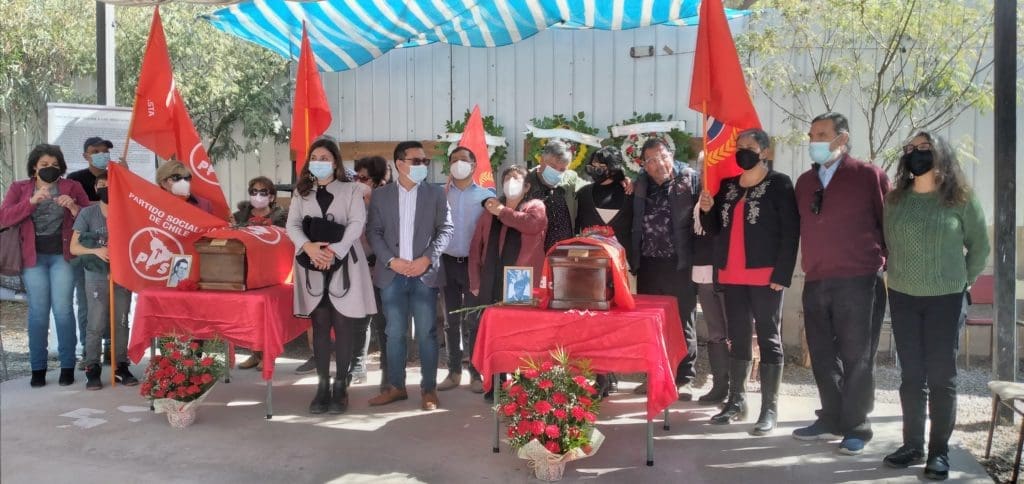
She approached the rest of my brothers inside the empty house, which had no furniture. It had no color and no photographs. Everything we owned remained in Tocopilla. She told my brothers dad was missing and soldiers likely killed him. They needed to scream and to cry but could not. Their pain and anguish became silence.
One of my brothers ran from the house. Living in a town, a hill served as our patio. He ran up the hill and shouted, “malicious fuckers killed my dad!” He stayed away for two days at just eleven years old.
Woman’s strength inspires her children to fight on for justice
Until then, my mother lived submissively as the wife of a communist. She had practically no education and served as a housewife in the ultra-macho society of Chile in the 1970’s. I witnessed her transform from a shy dove into a lioness to protect and feed her cubs.
Painful years ensued full of loneliness, depression, anguish, and uncertainty. We did not remain close to any political party. Our mother always stood behind us with resilience and strength. She raised children into good people.
When democracy arrived in Chile in 1990, searches began at the mine and they discovered the first remains. We brought those remains to Copiapó. With no support from the State, we relied on volunteers, general practitioners, and human rights workers to begin the identification process. The first identifications used fingerprints, but it remained difficult to determine to whom the other pieces of bones belonged to.
Serious mistakes were made. The family of executed prisoner Carlos Garay received 19 bone pieces. A year later, they received his entire body but did not return the first set of bones. They buried the bones and his body side by side.
When my family discovered this in 1993, we had been knocking on doors for some time, searching for answers. We hesitated at first. Then, six years ago, experts intervened and conducted a DNA test, which they sent to a specialized laboratory abroad. This year, we finally found out the bones belonged to my father and Luis Segovia.
Forty-nine years later, murdered political prisoners return to their families
In the main square of the city in May, we held a ceremony. City artists paid tribute to them. On a sunny day, their coffins sat in the center, surrounded by people. I spoke on behalf of my family and told the crowd I took the word victim out of my vocabulary. My father was more than that. He represented struggle, commitment, and ideology. These men represented the essence of that old left ideology in Chile. Let us remember them as this country’s great political and social fighters.
That day, we walked from the square to the General Cemetery. Hundreds of people accompanied us to the memorial, built by families of victims. It marked, for me, the end of a long, painful episode in my life. I have some peace and the conviction that my struggle will serve a new generation.
Today, we continue to await justice. Six state agents remain sentenced for these crimes, a legal decision which many consider inappropriate according to international standards for cases of serious human rights violations.
We found my dad after 49 years. Though we faced thousands of obstacles along the way, we held tight to the truth and the certainty we were doing the right thing. Like my father, I would have pushed on, even if it cost me my life. Now we fight for justice.
